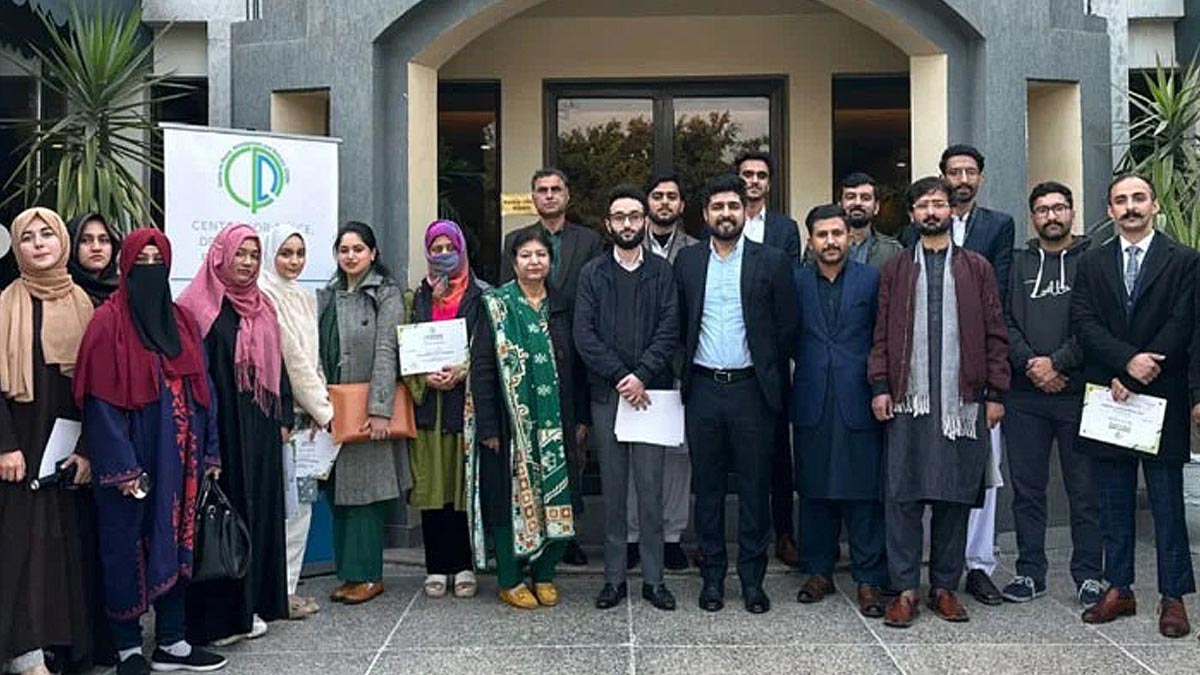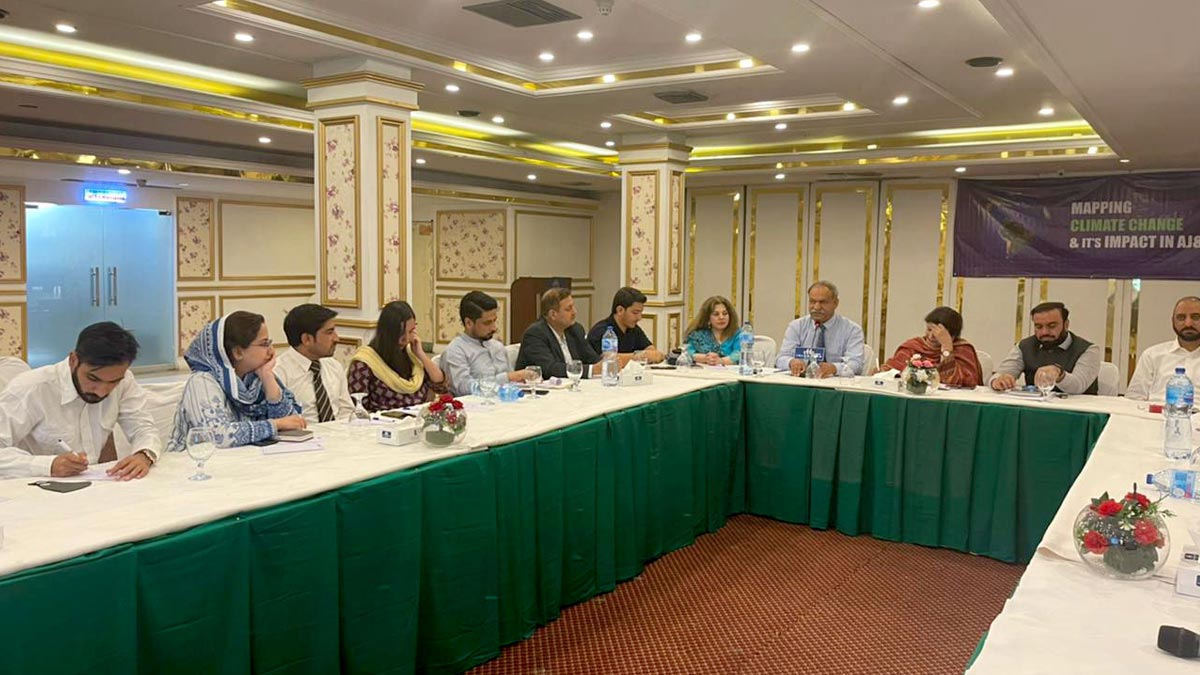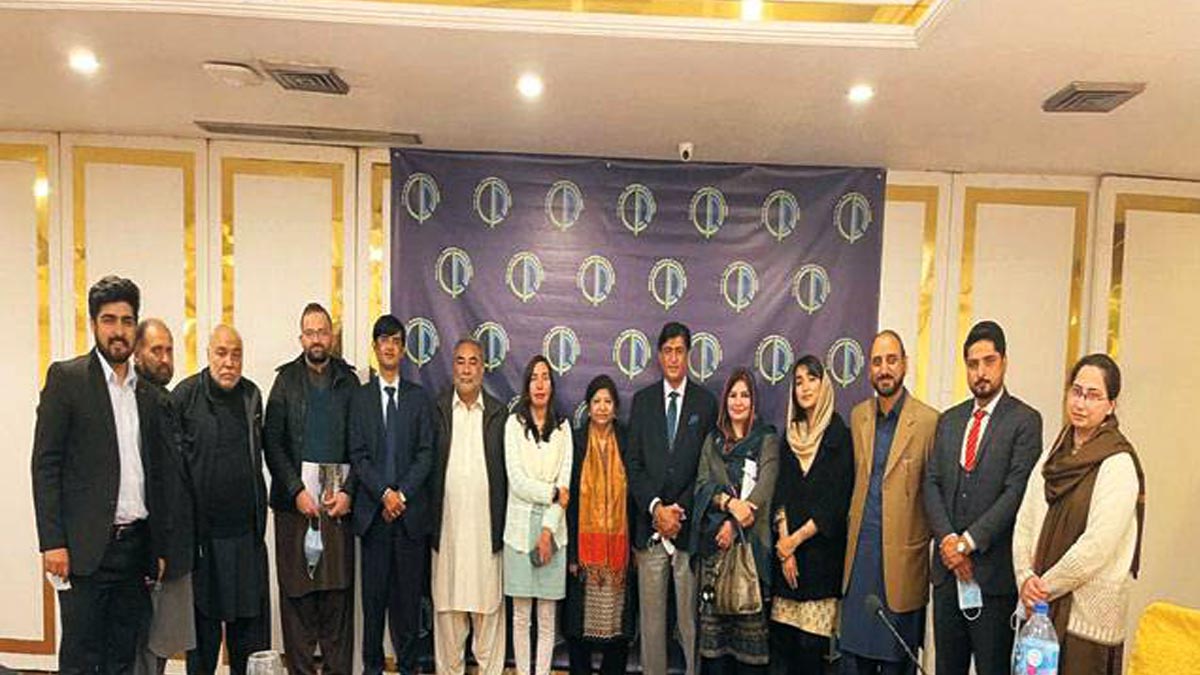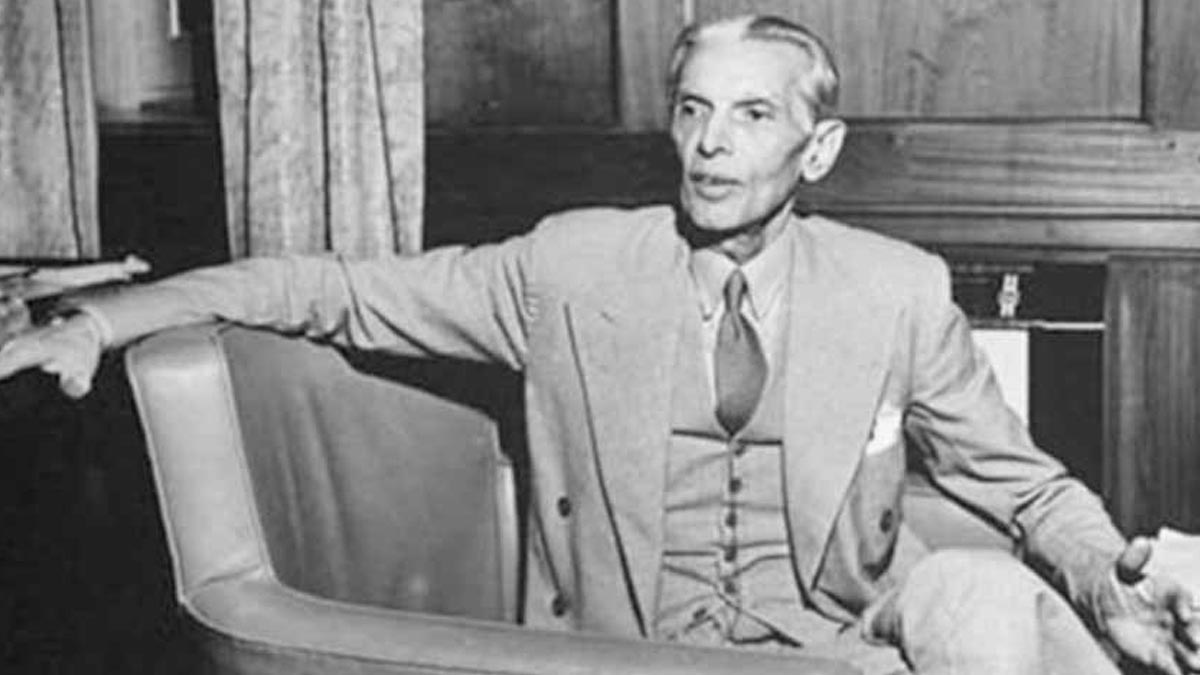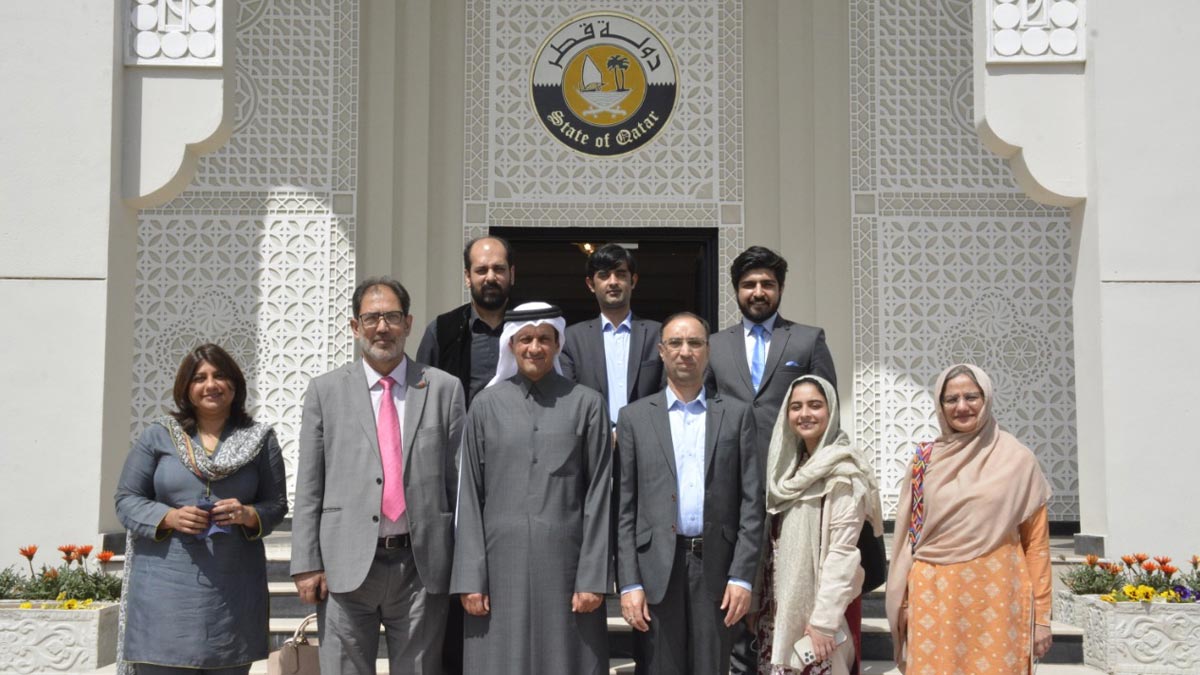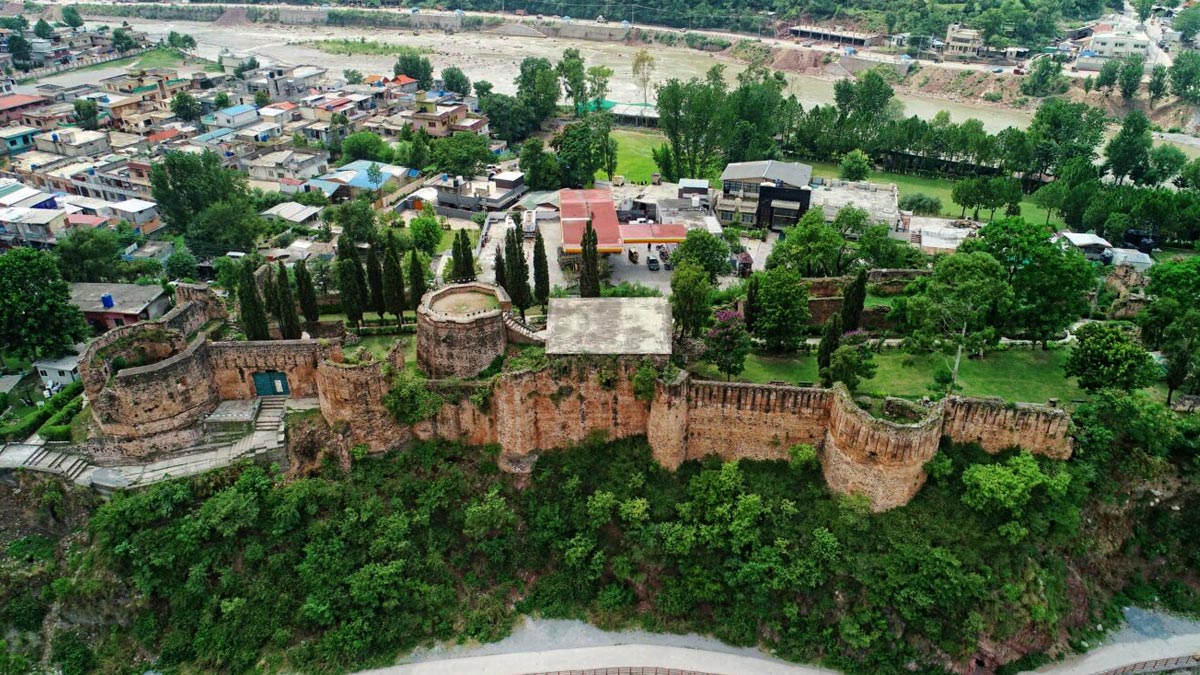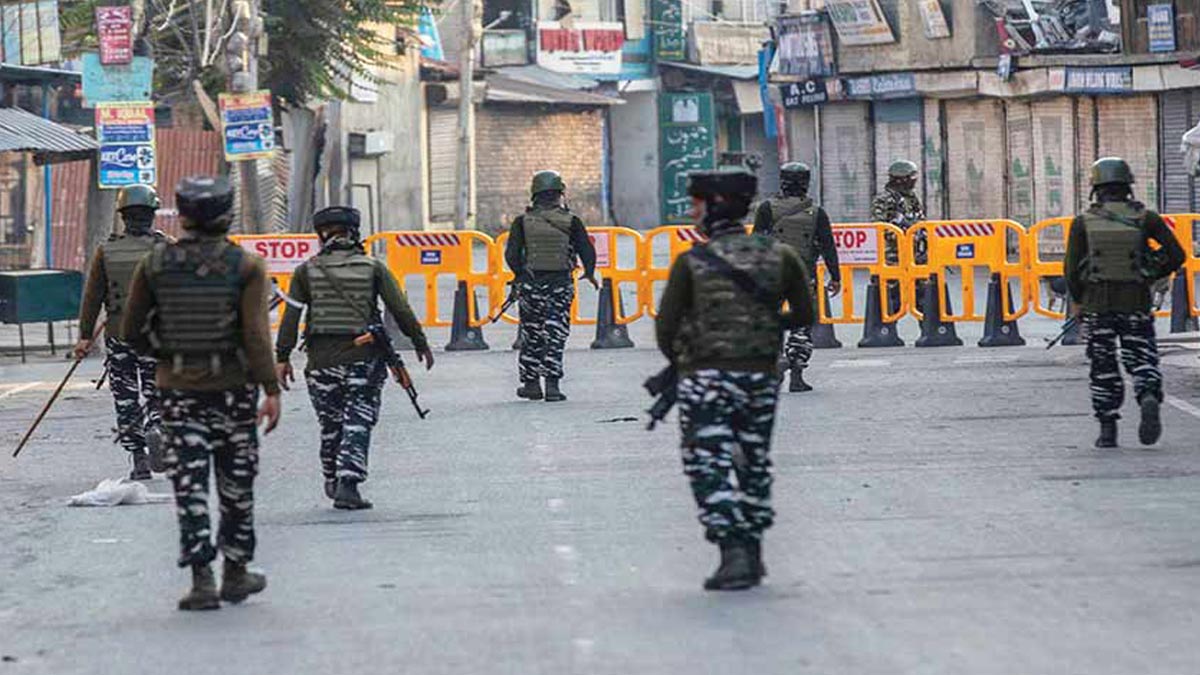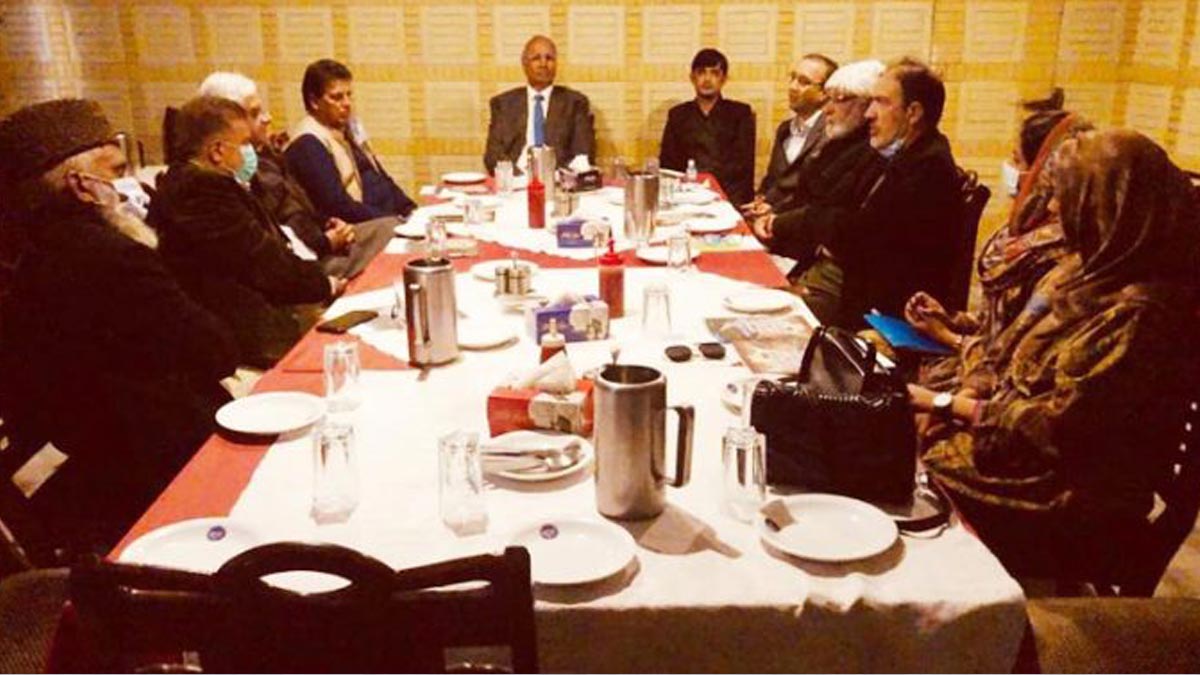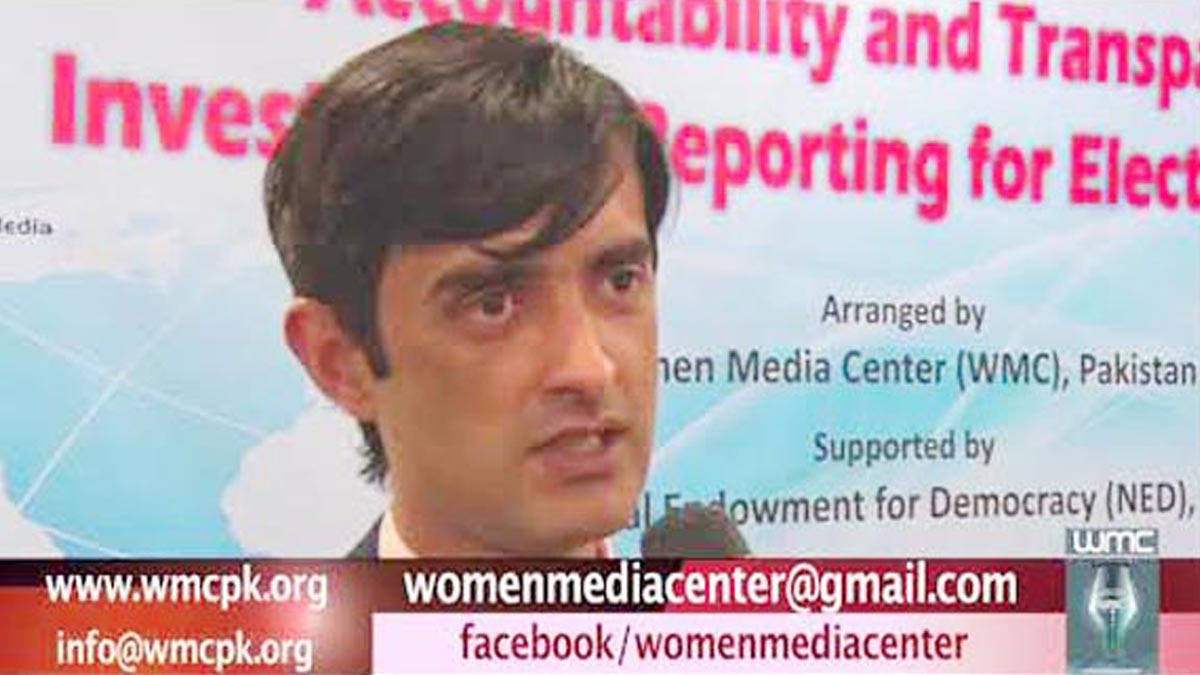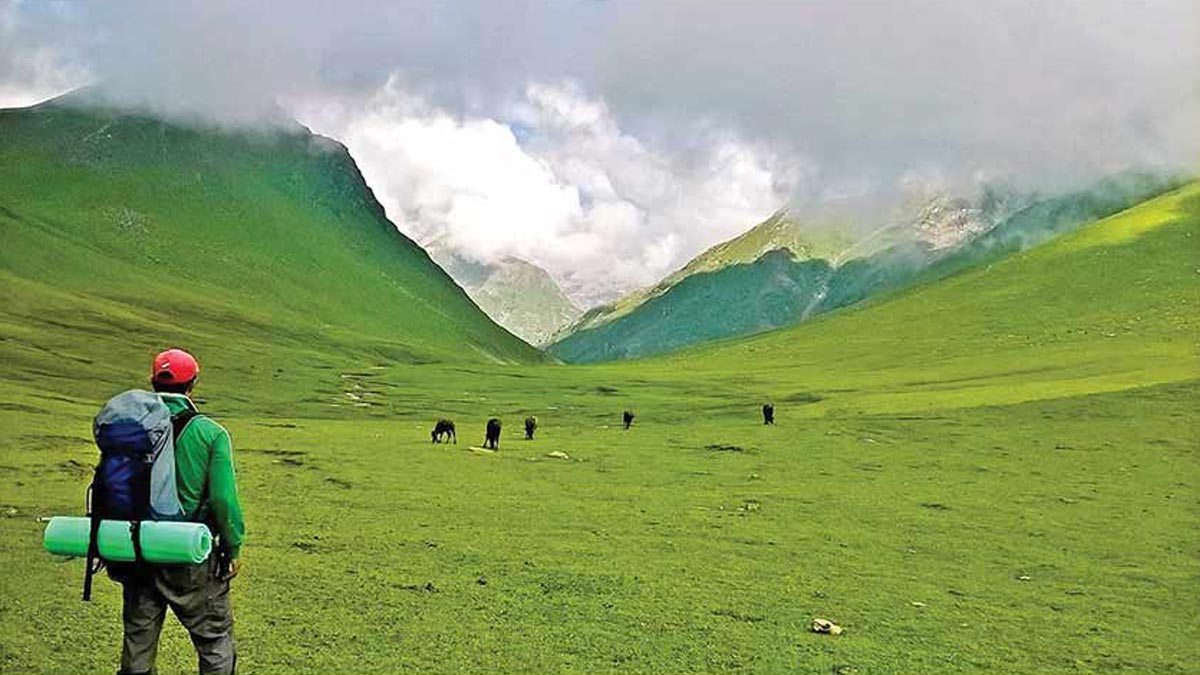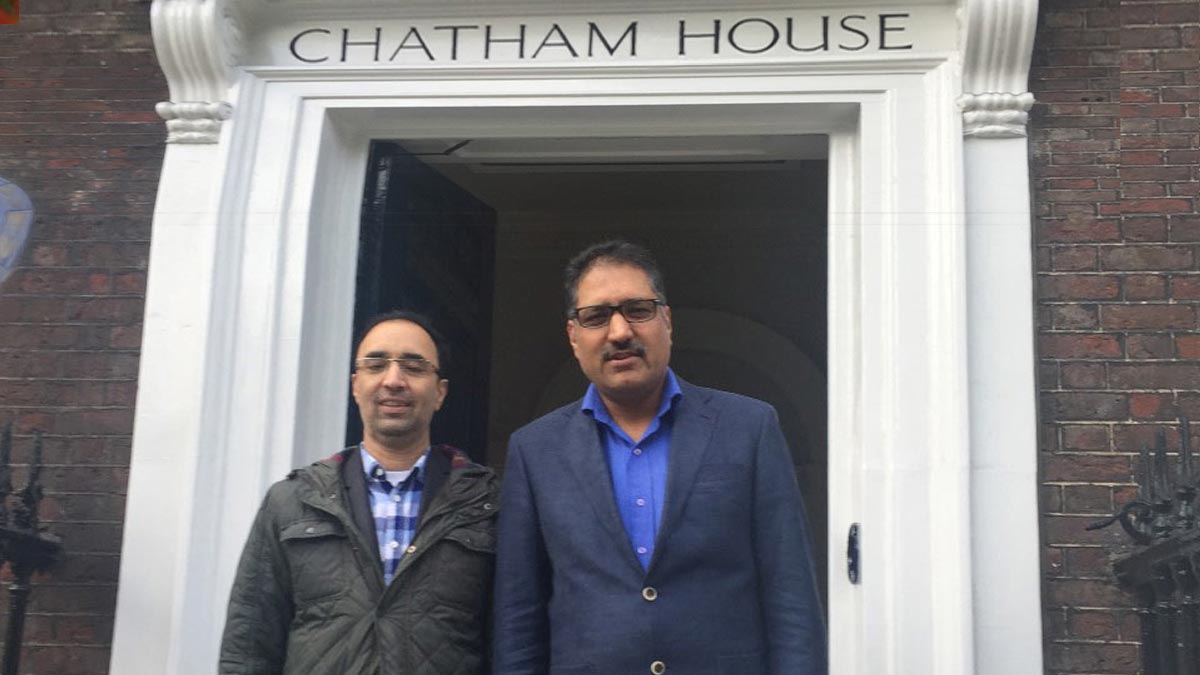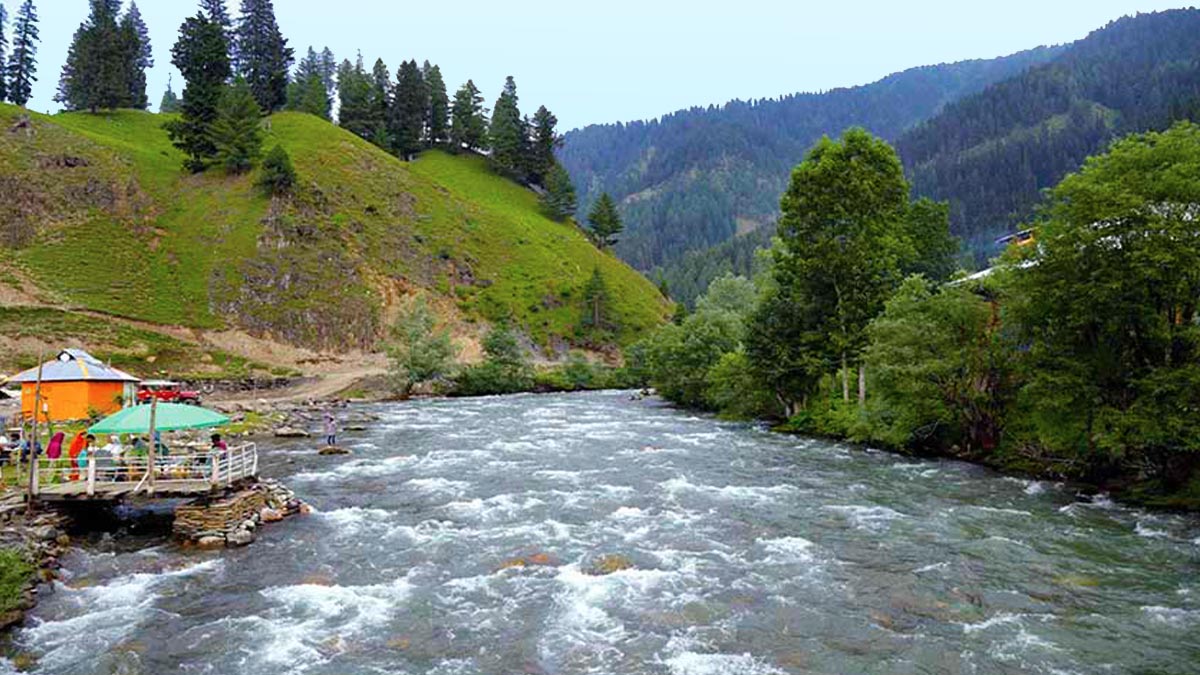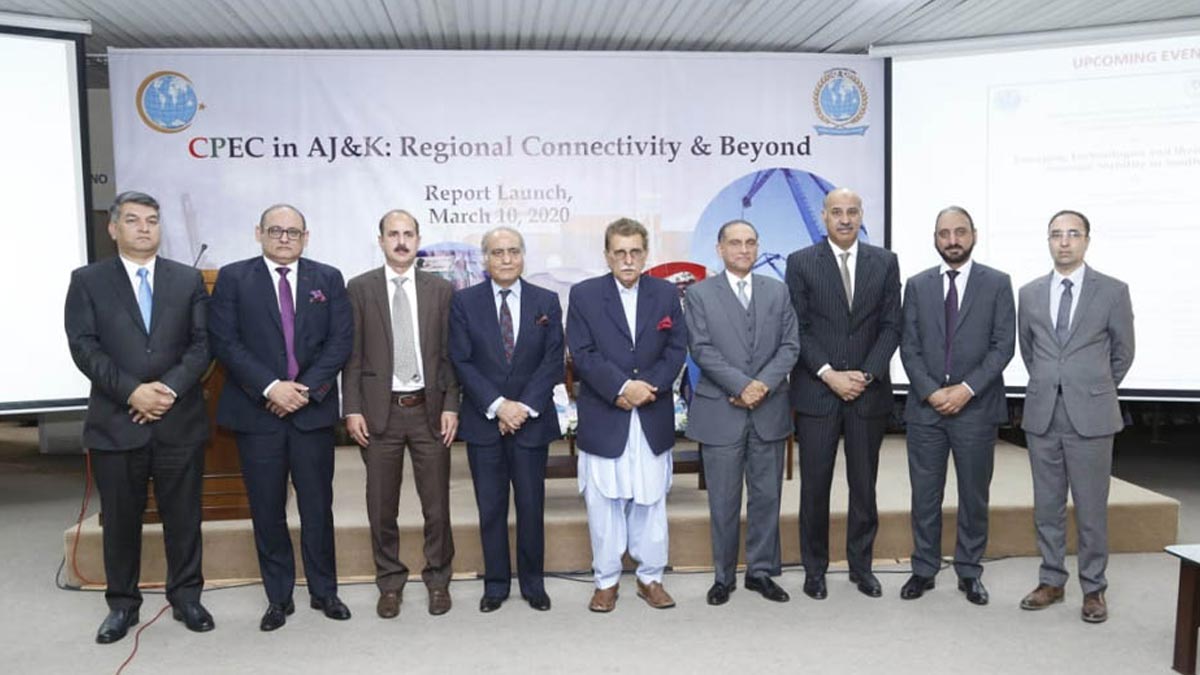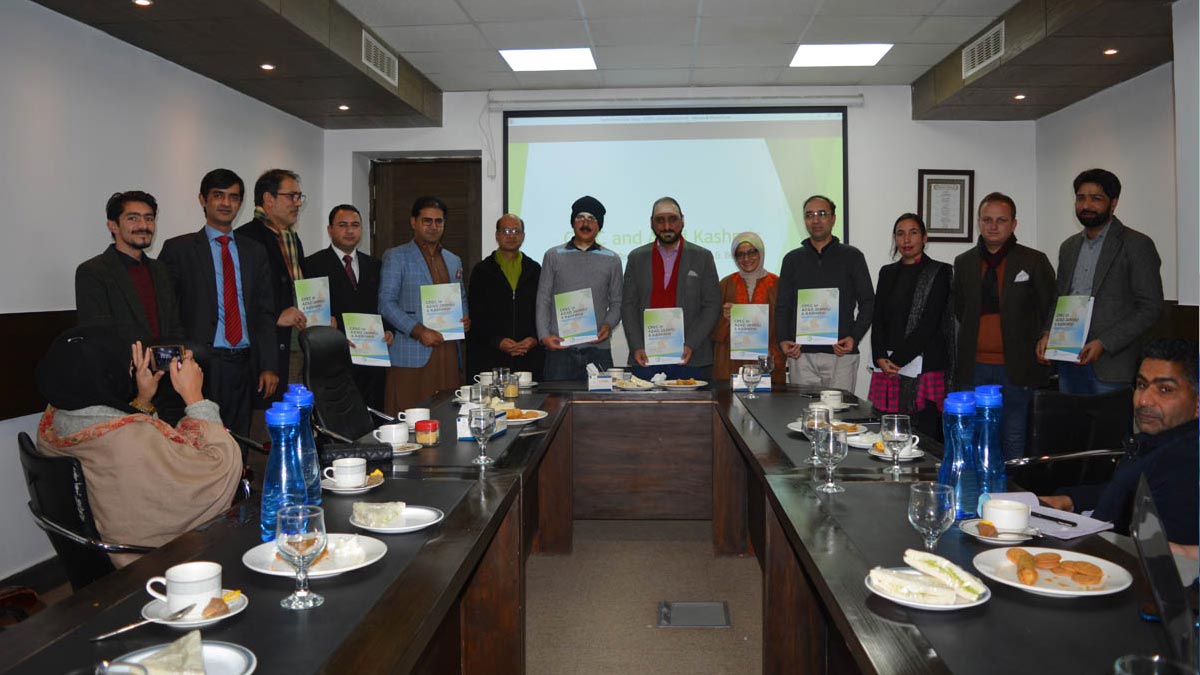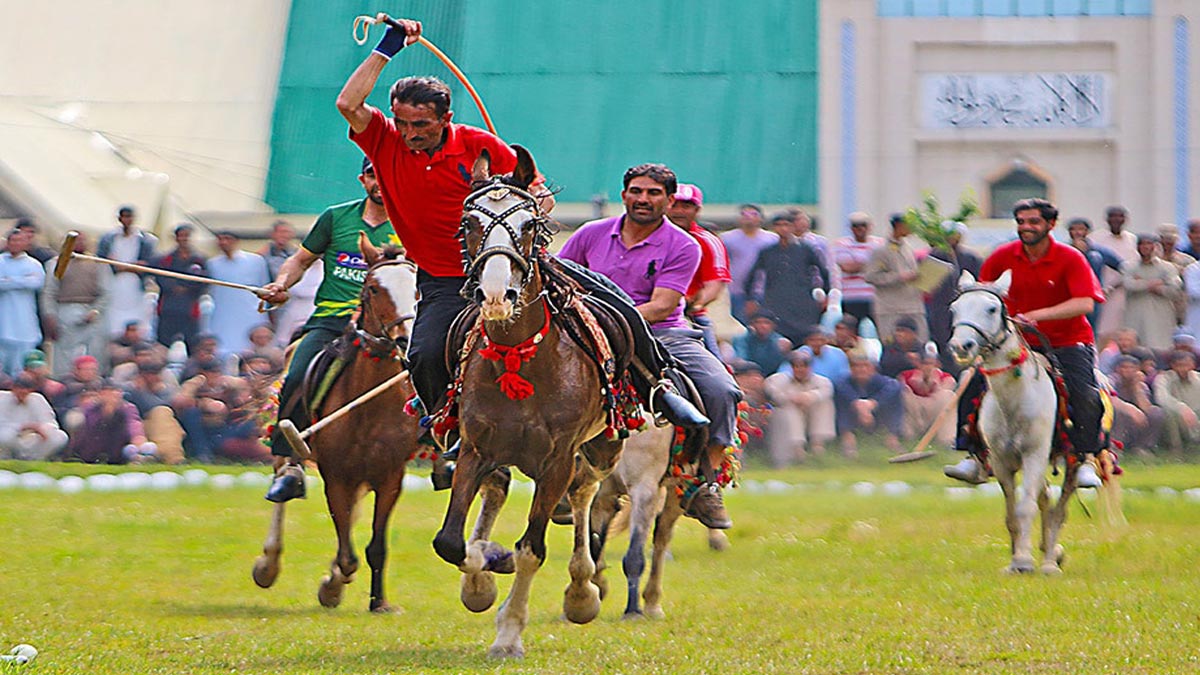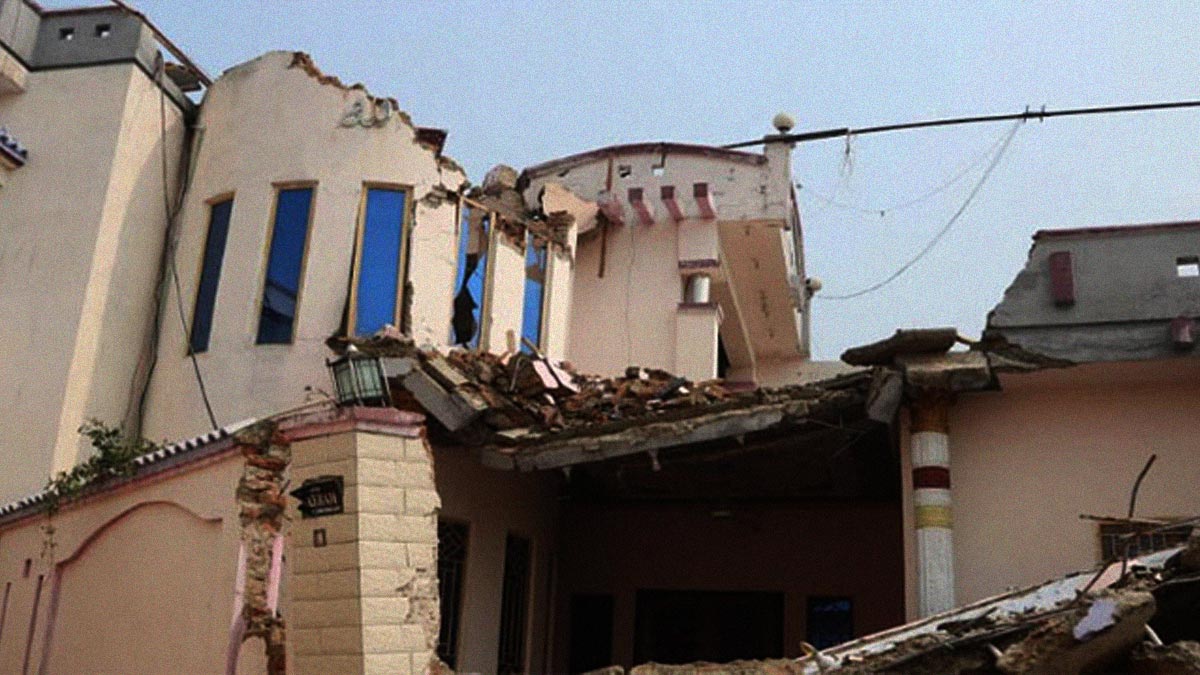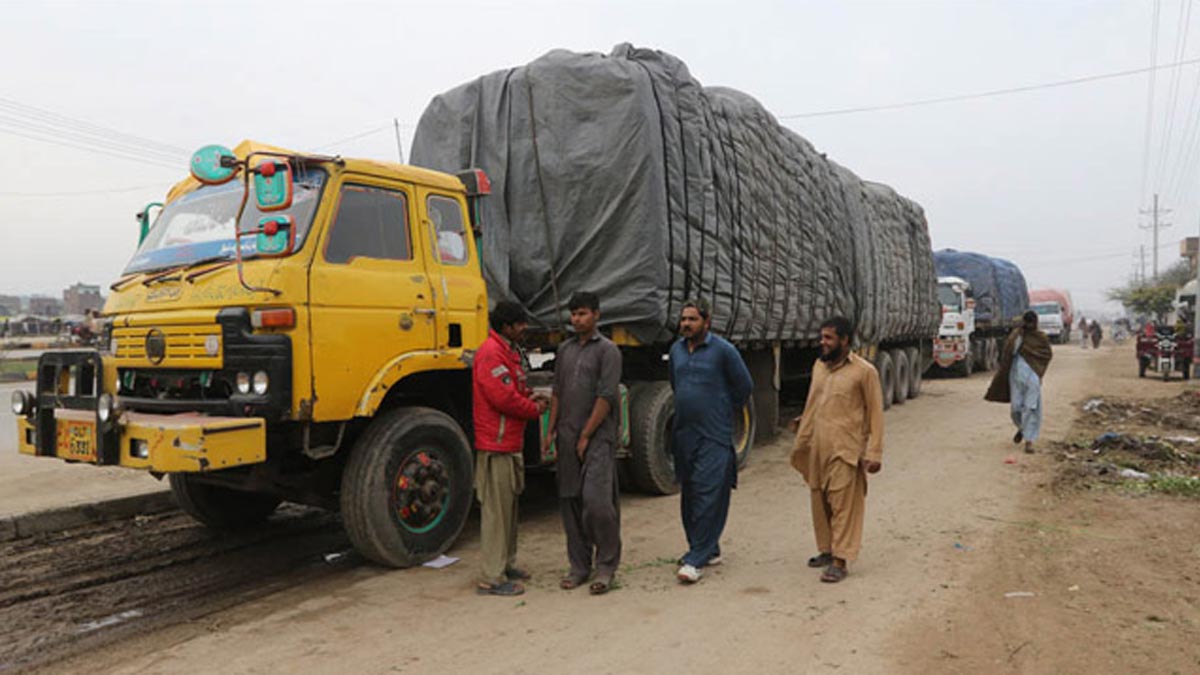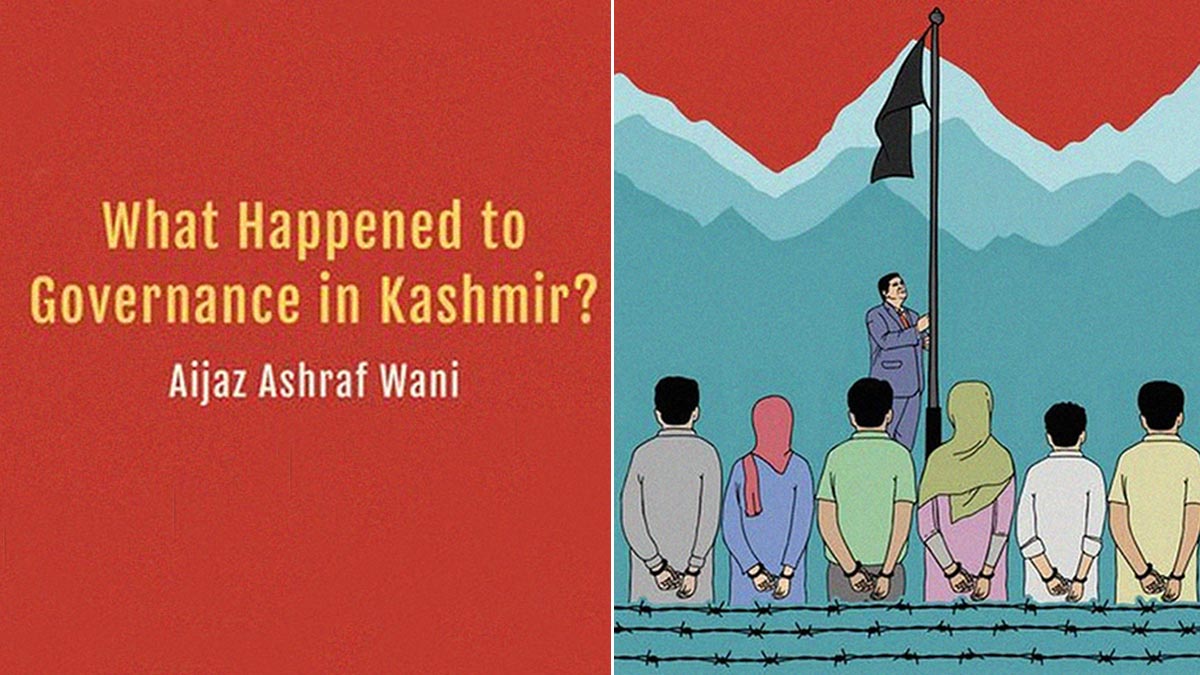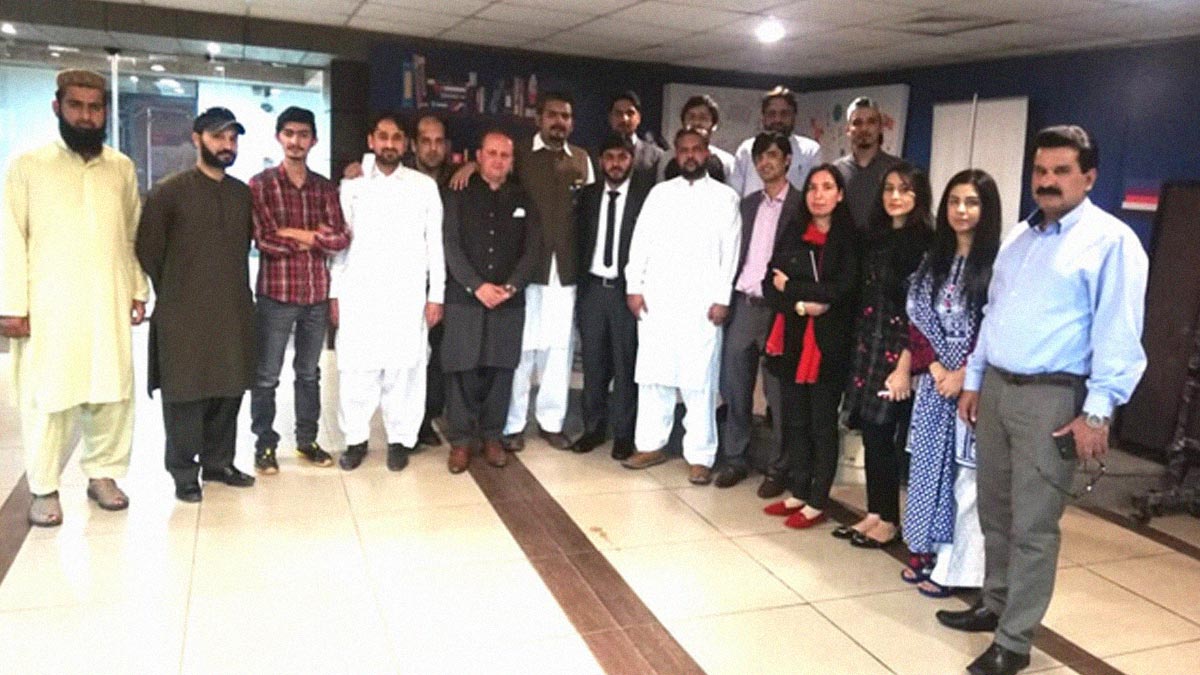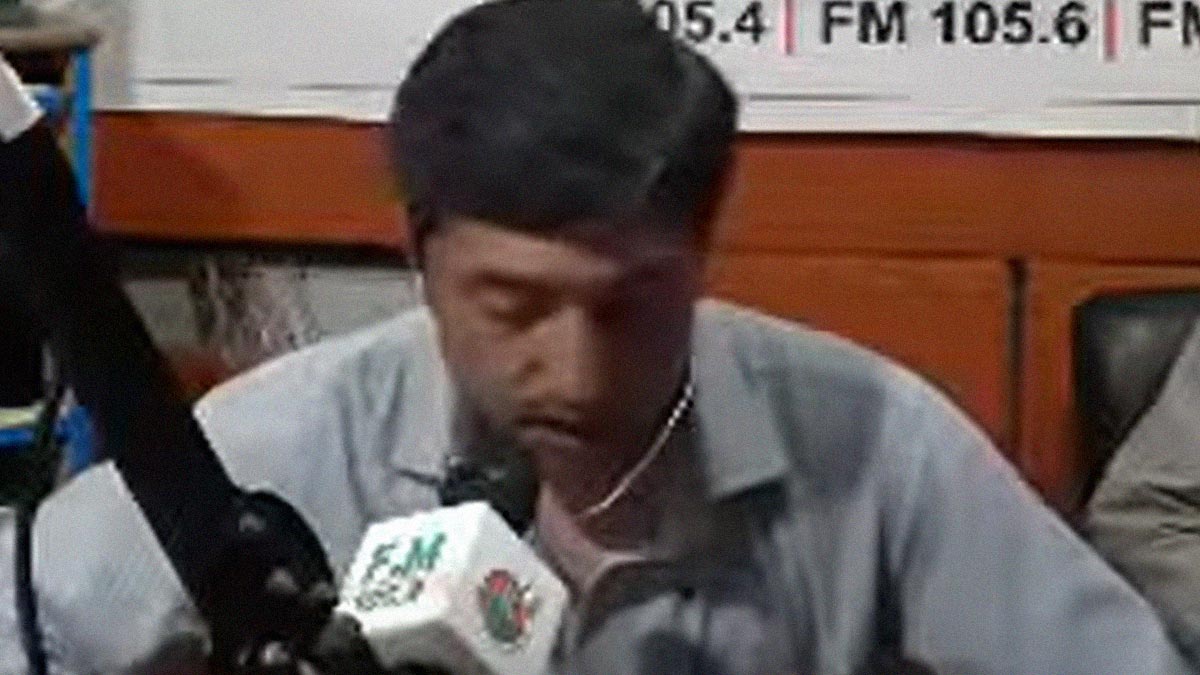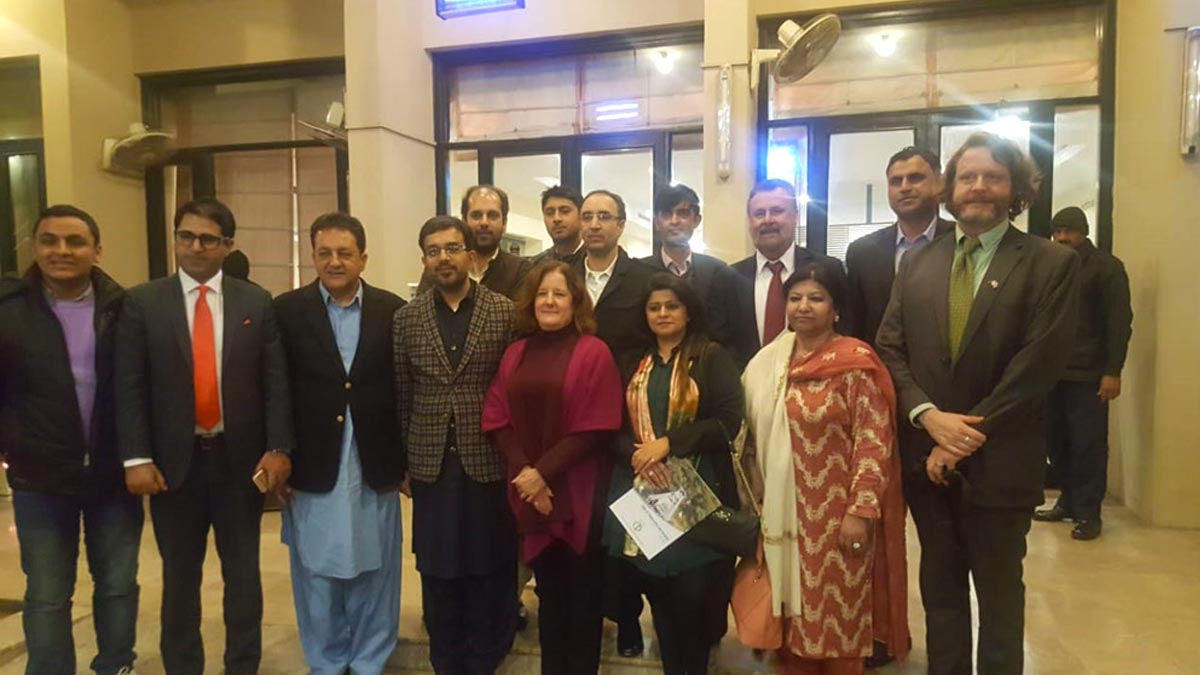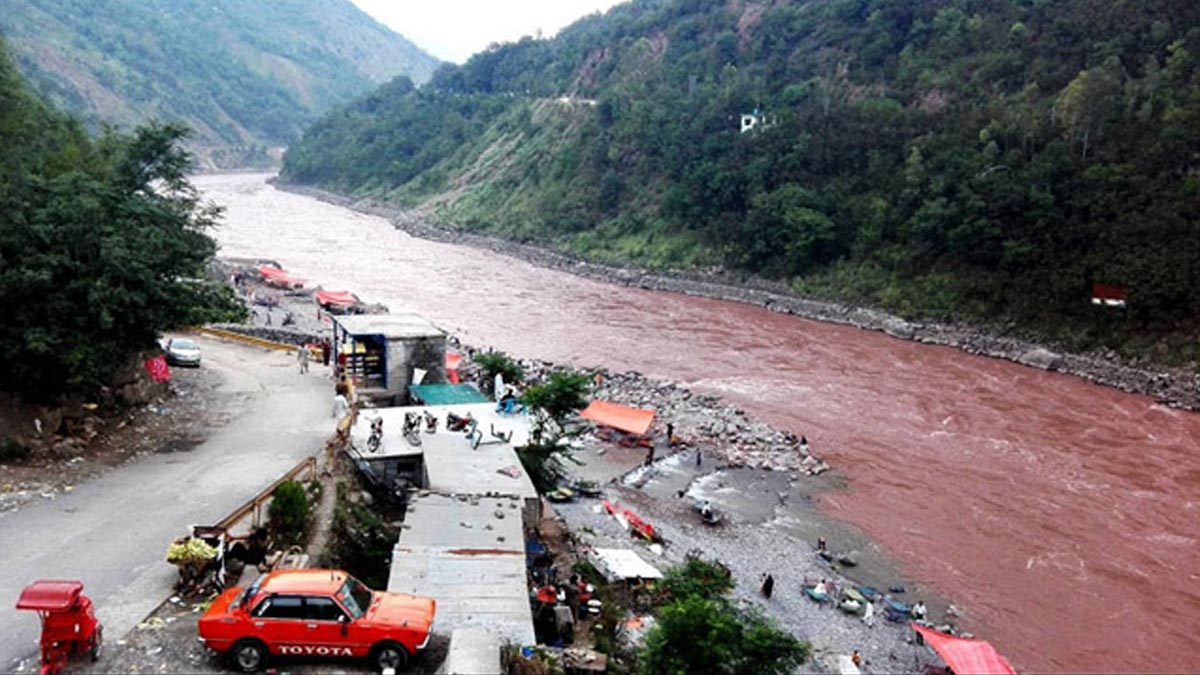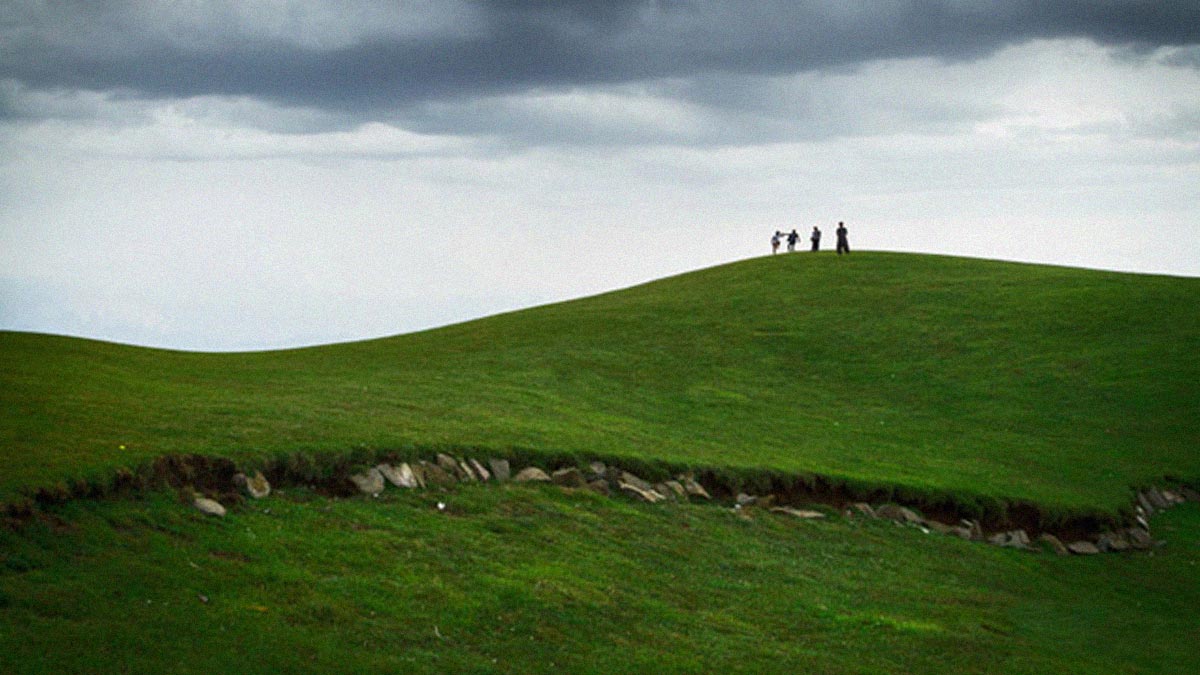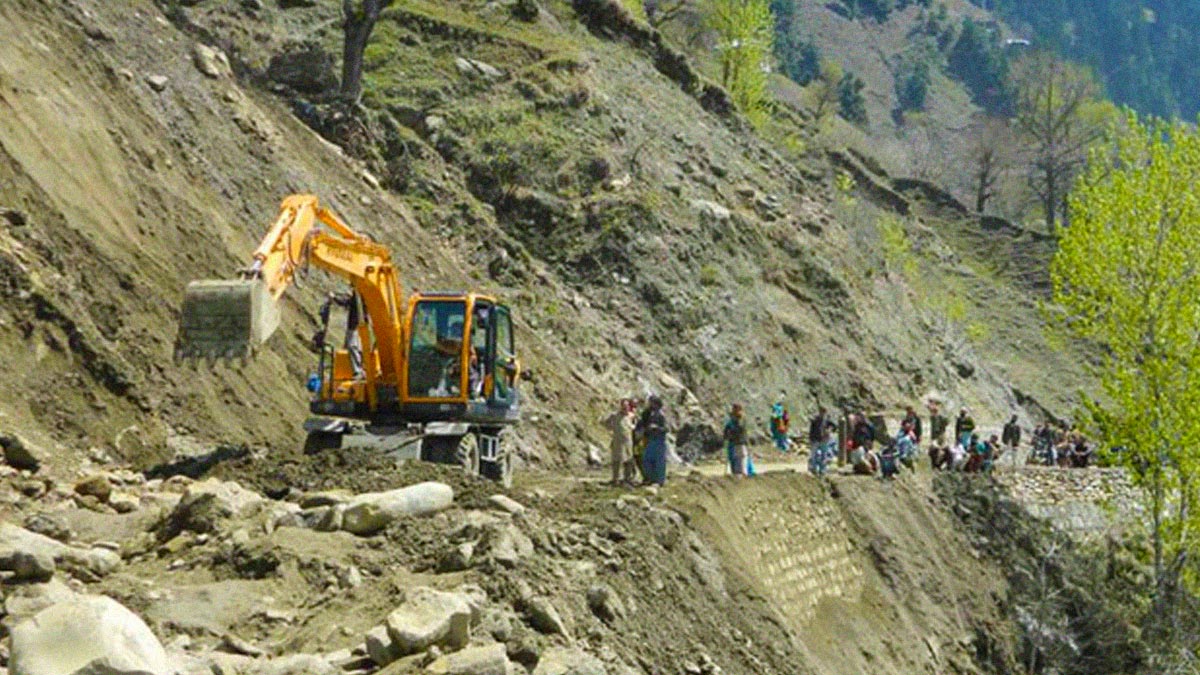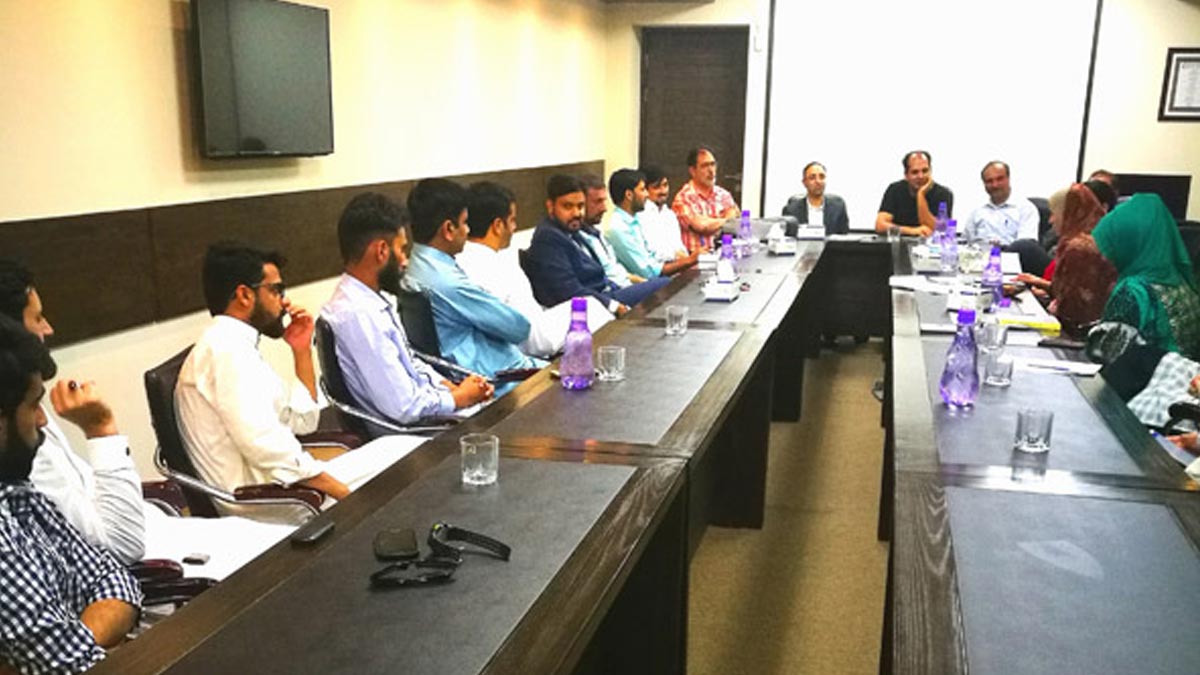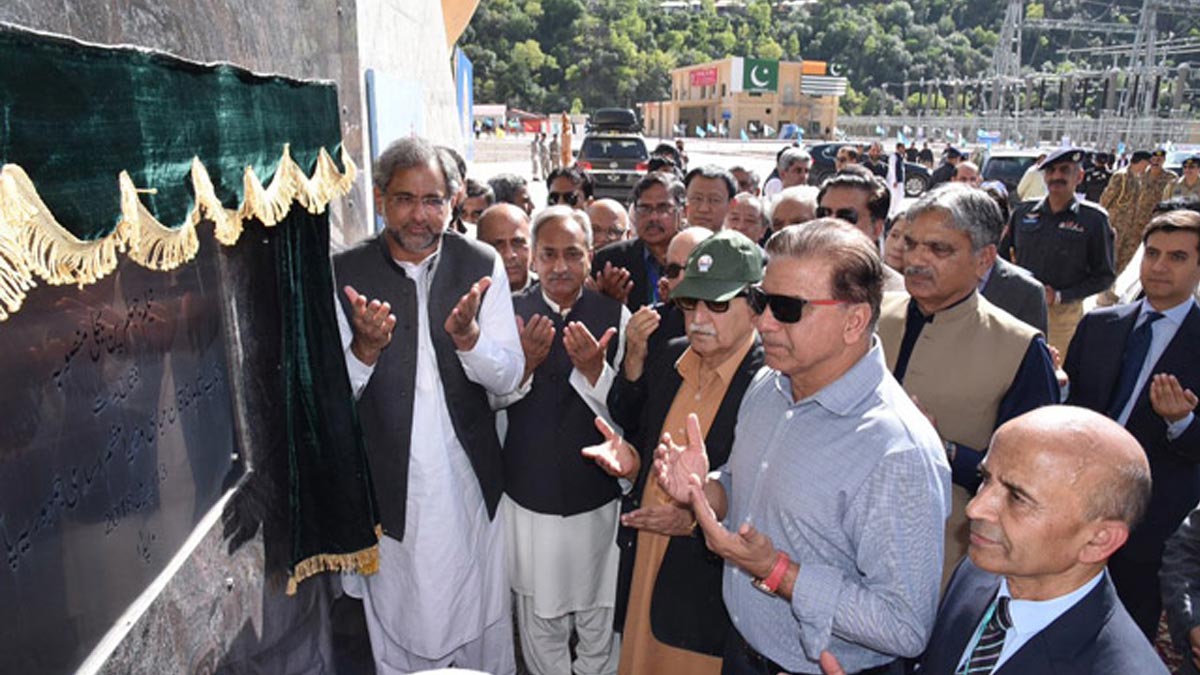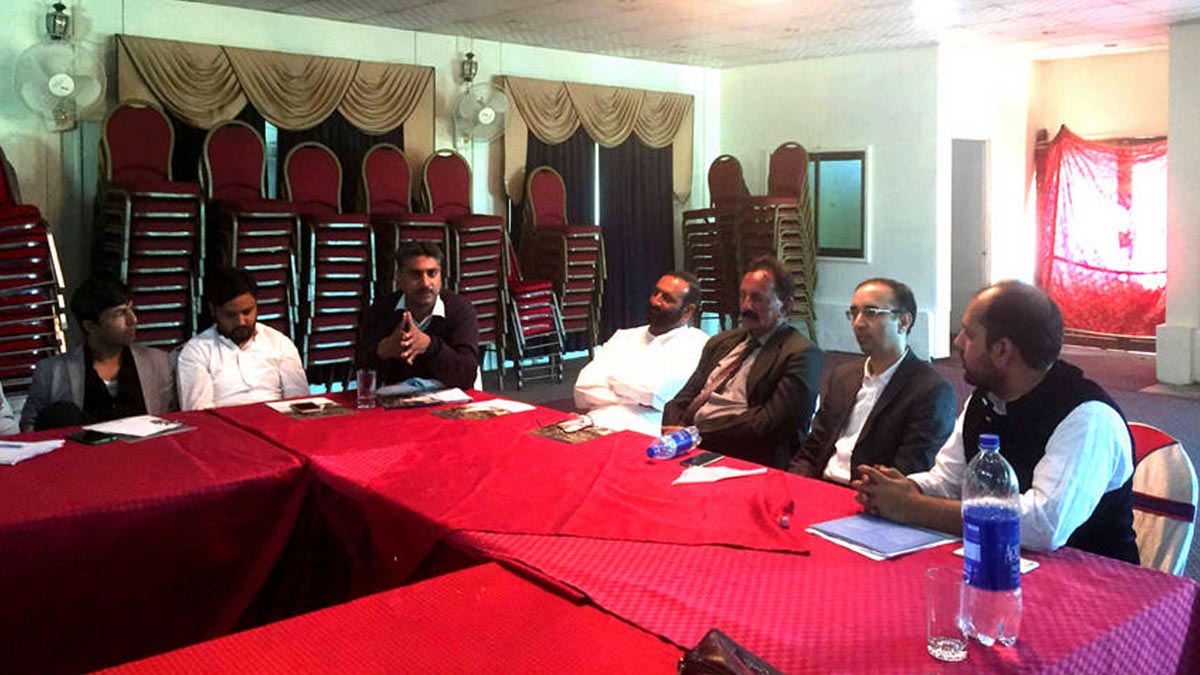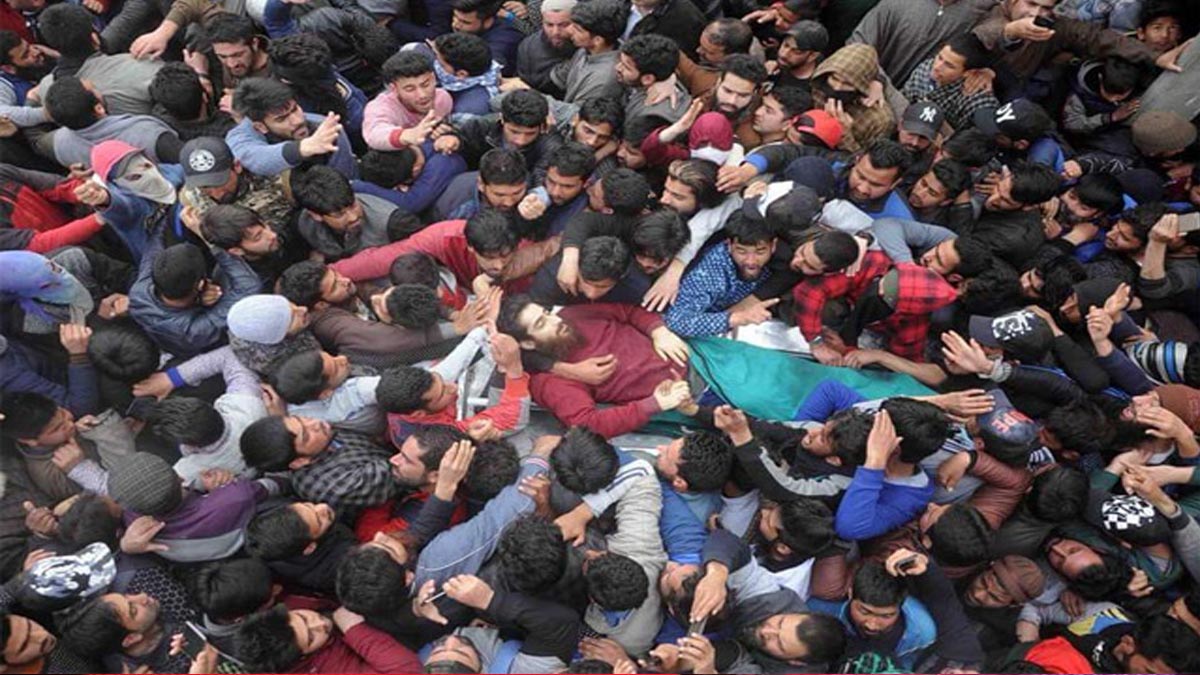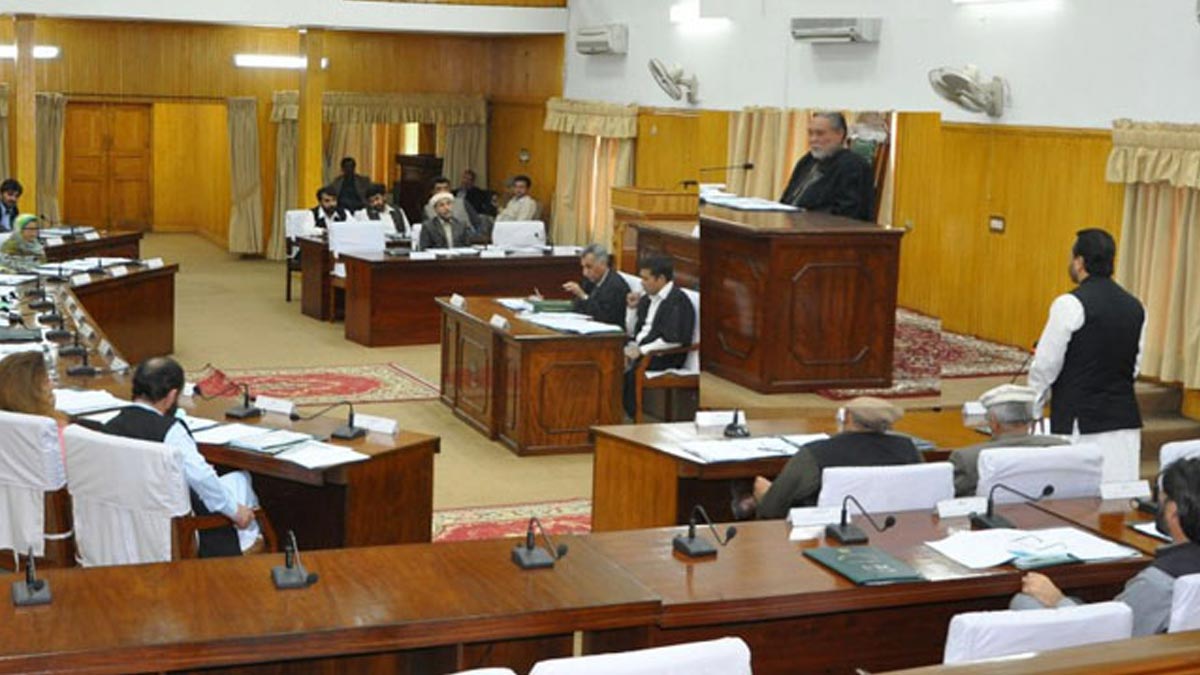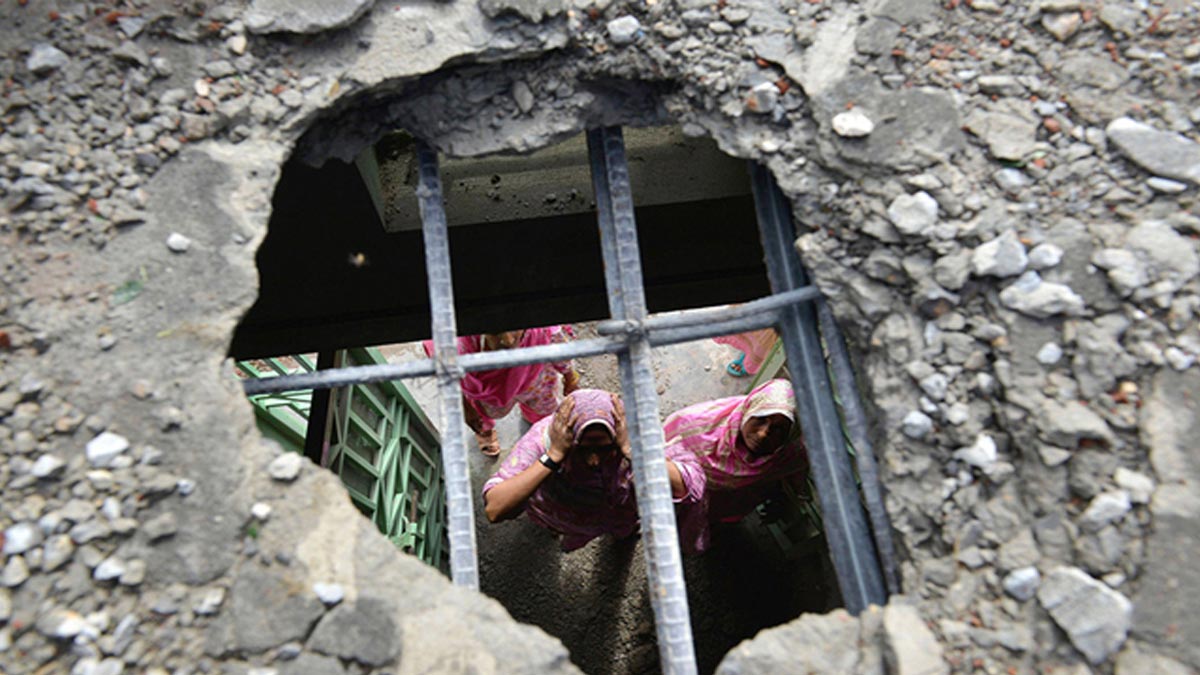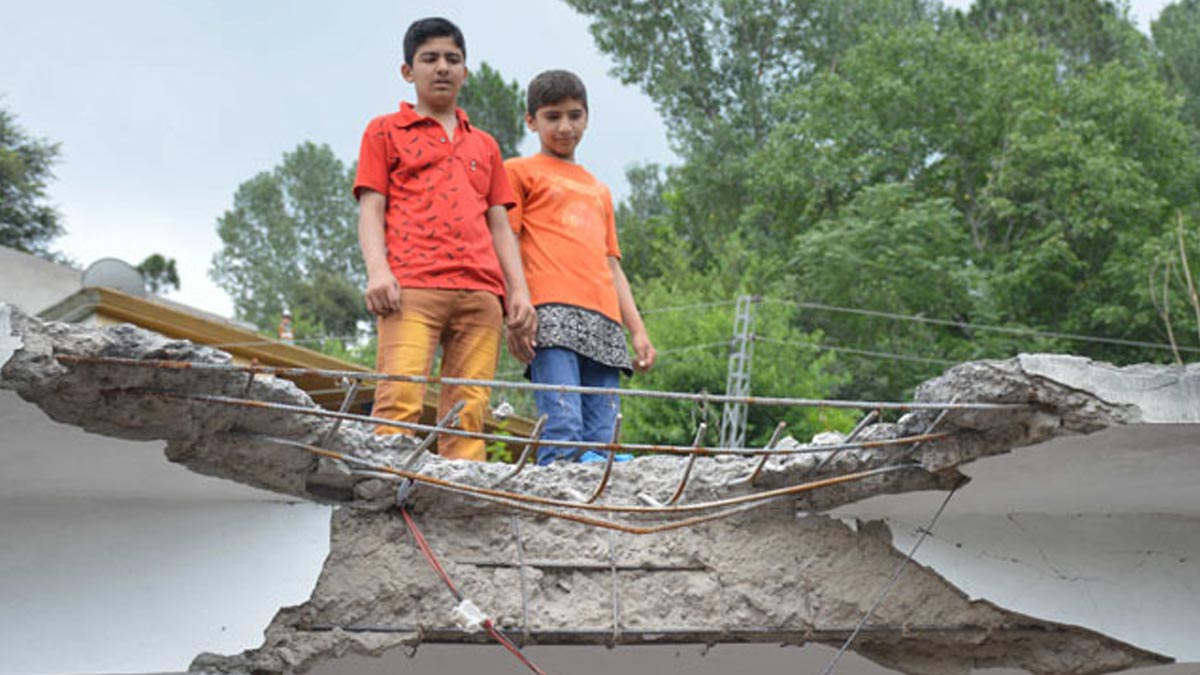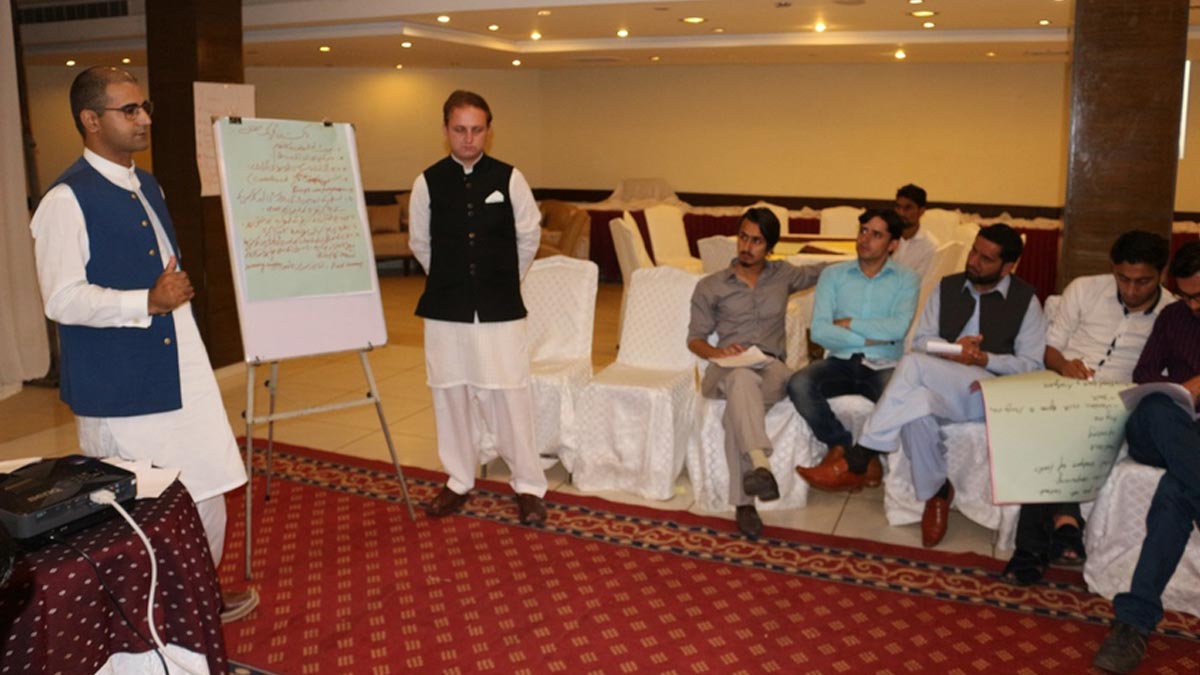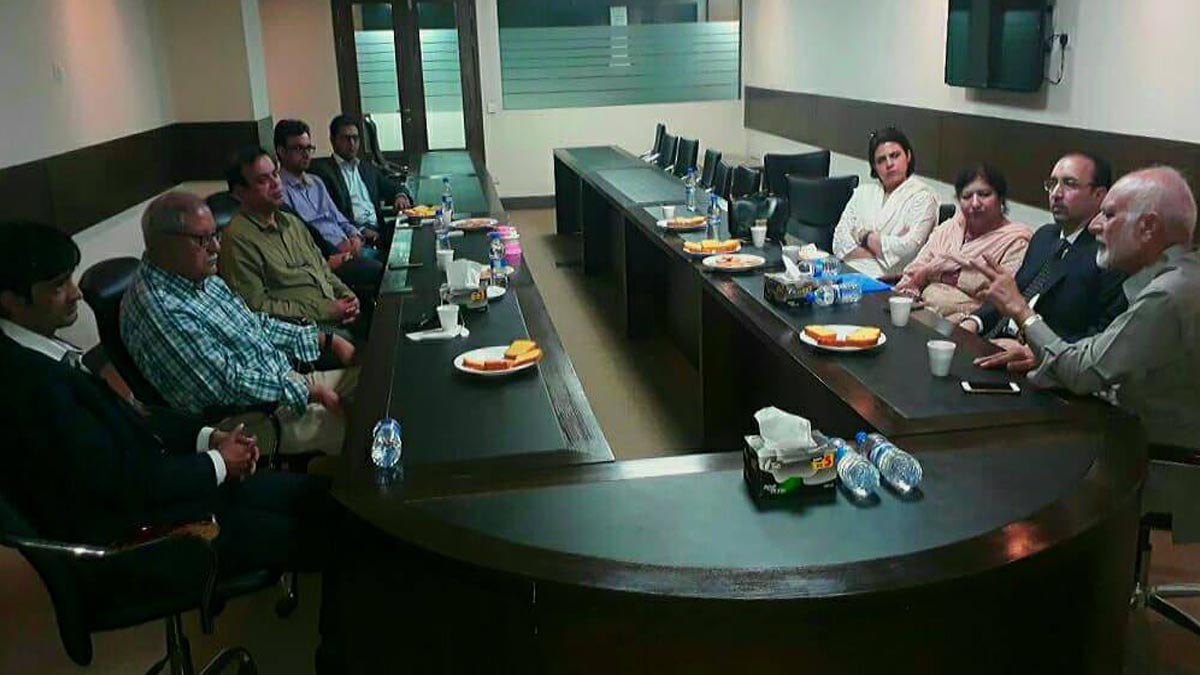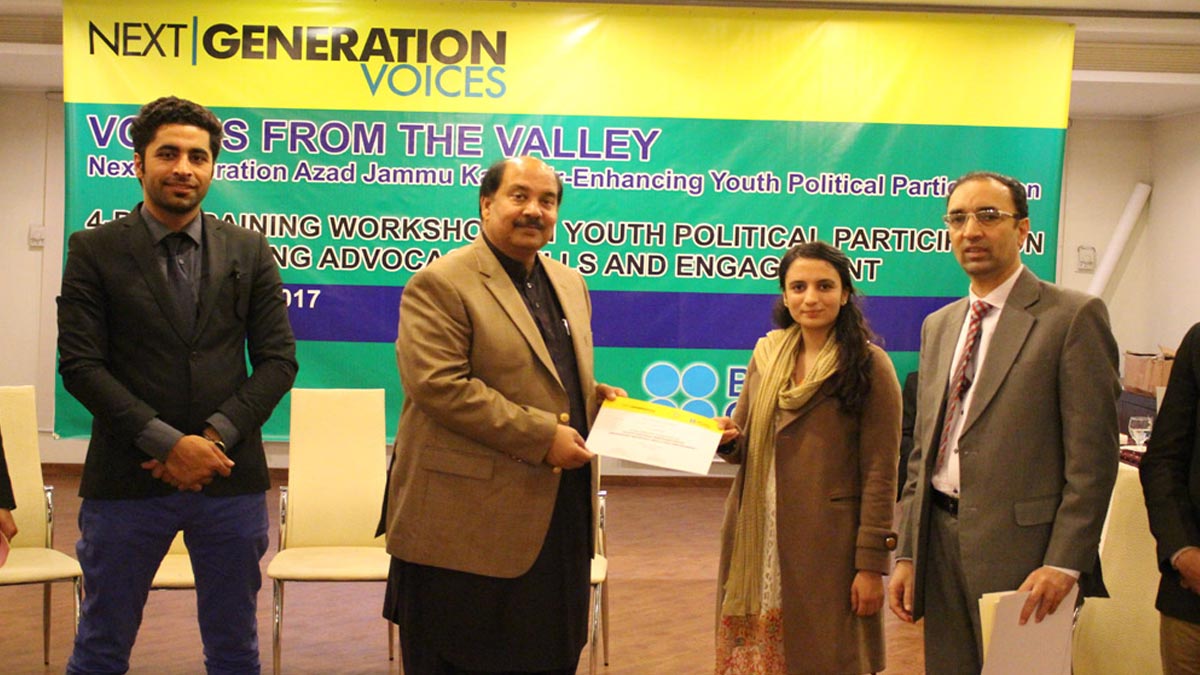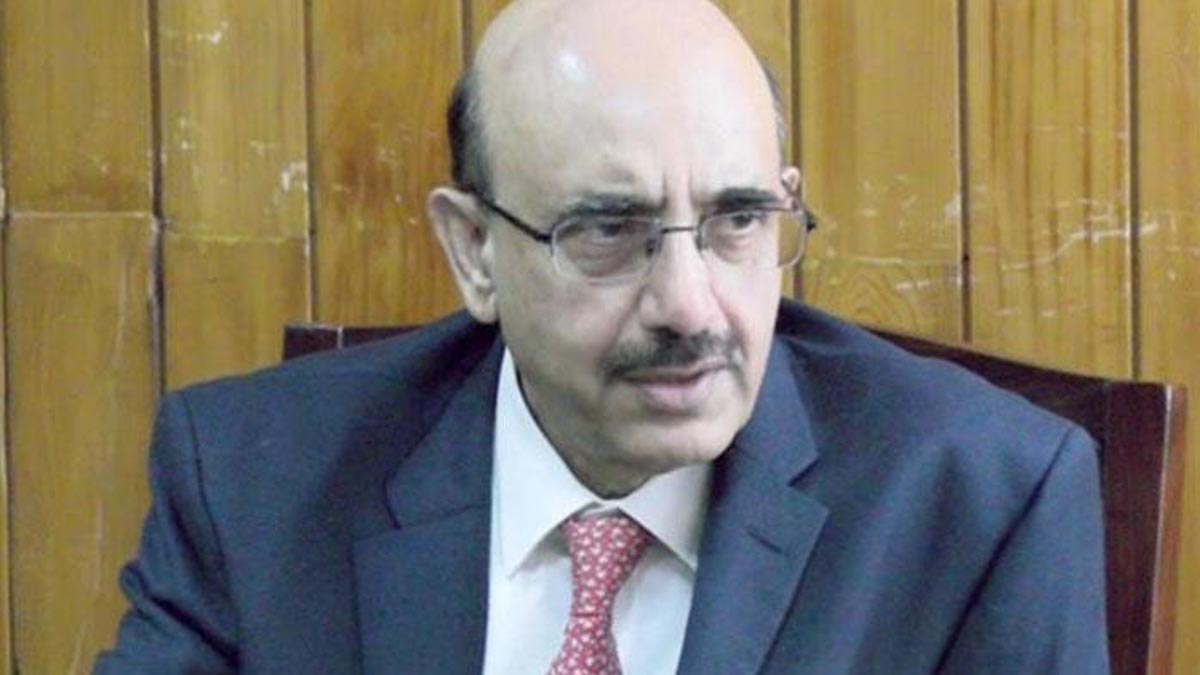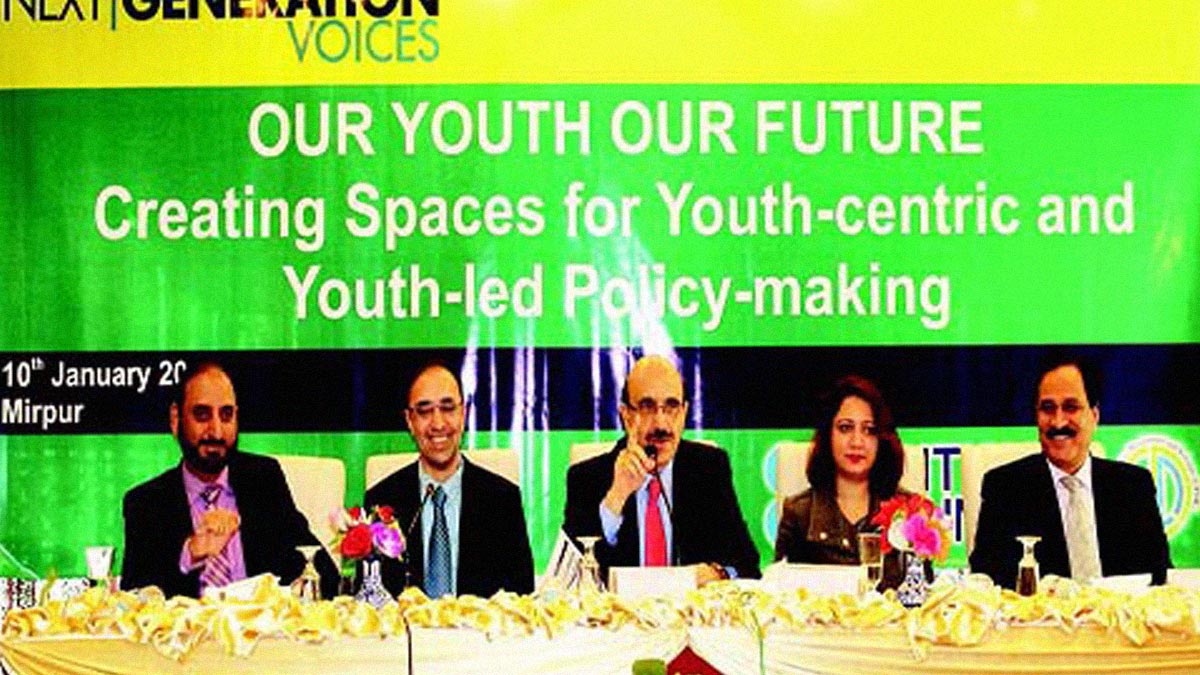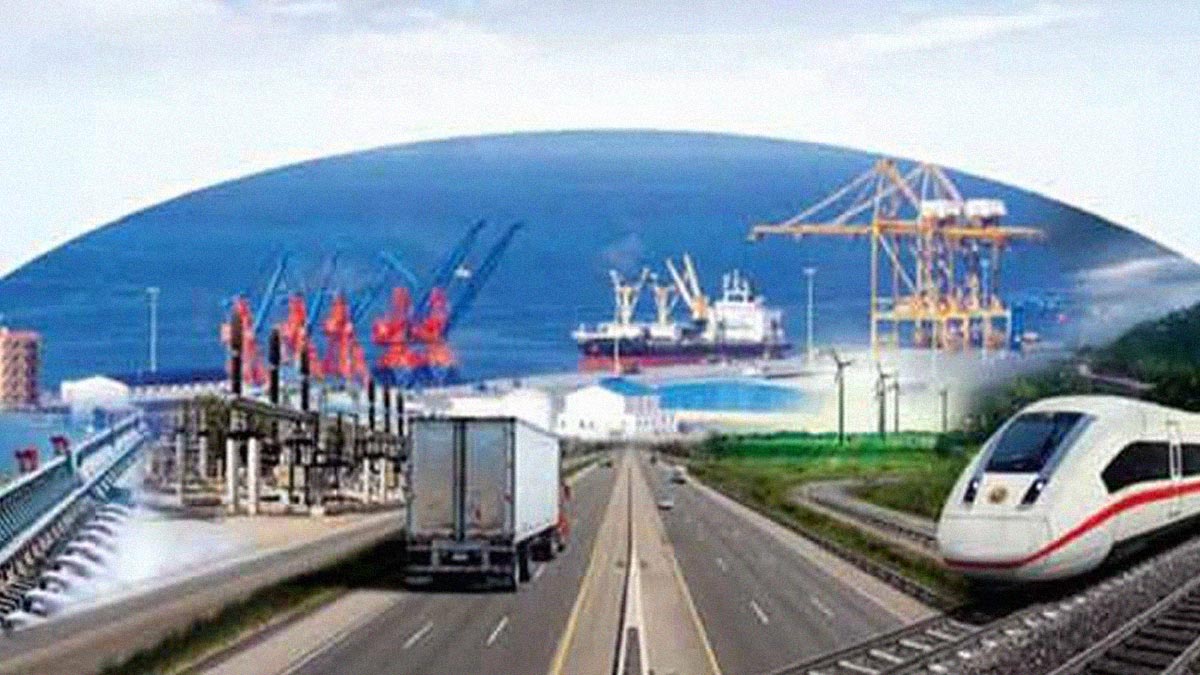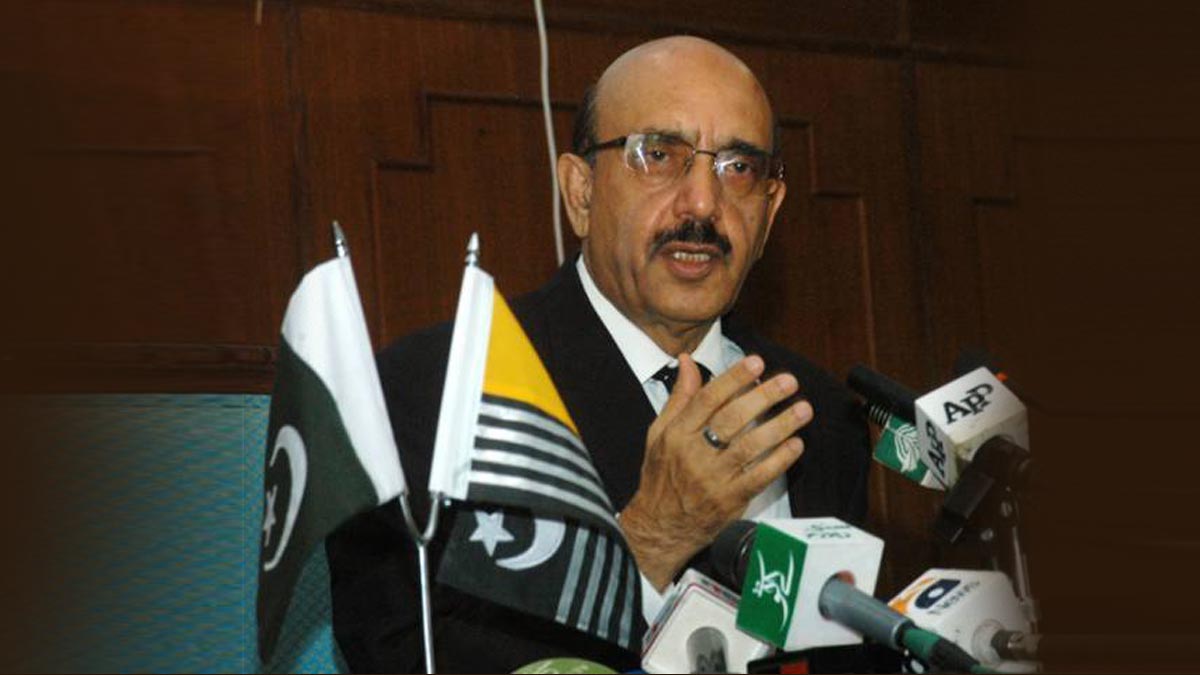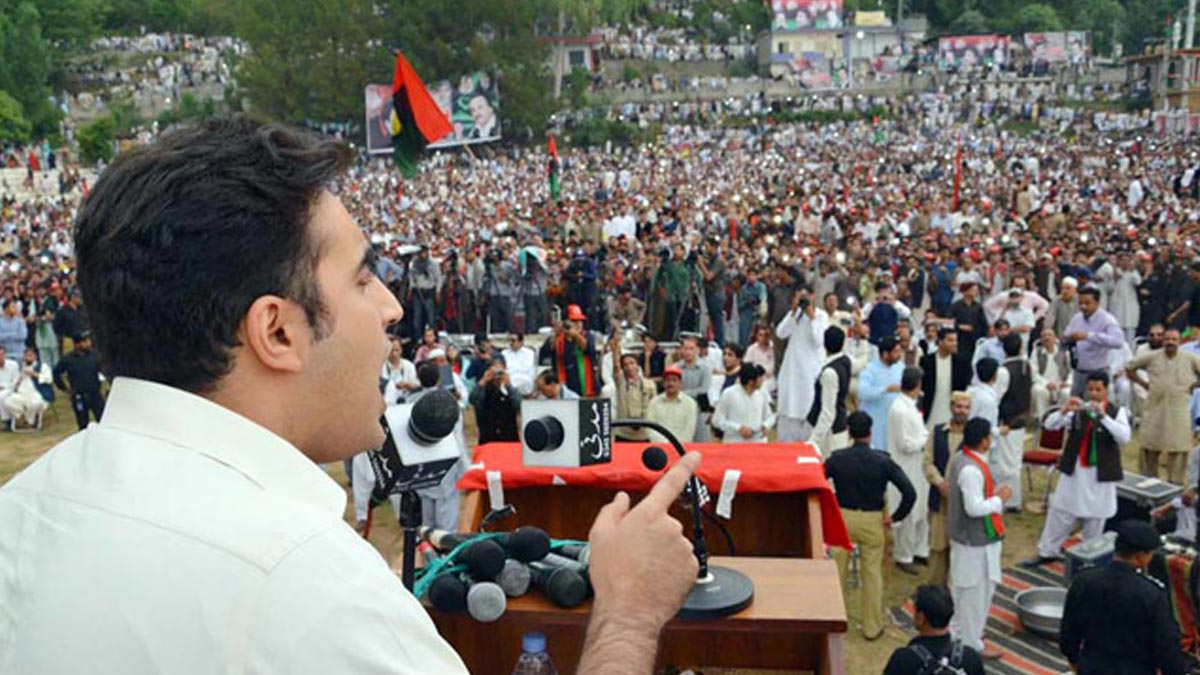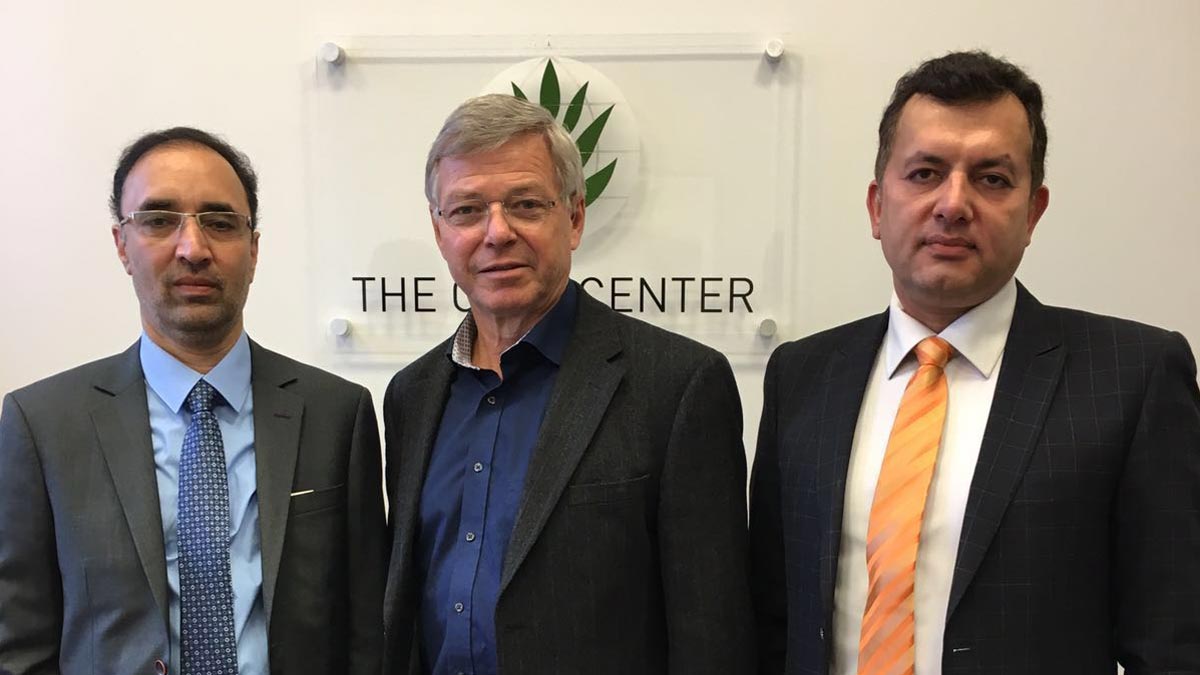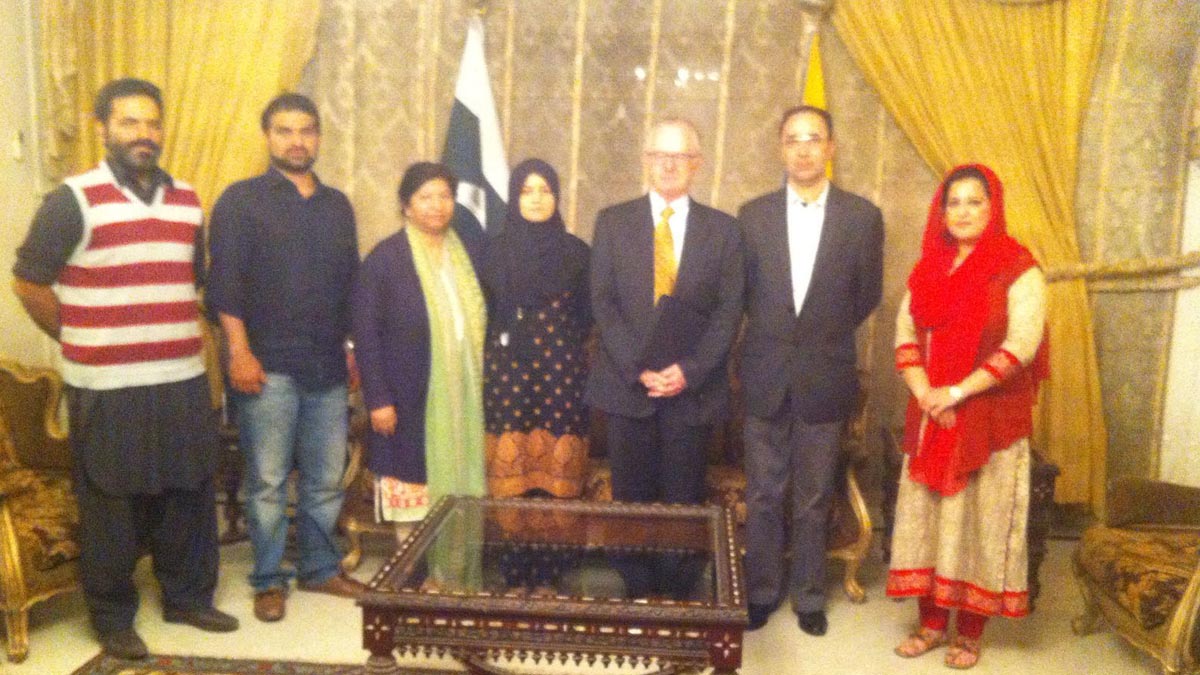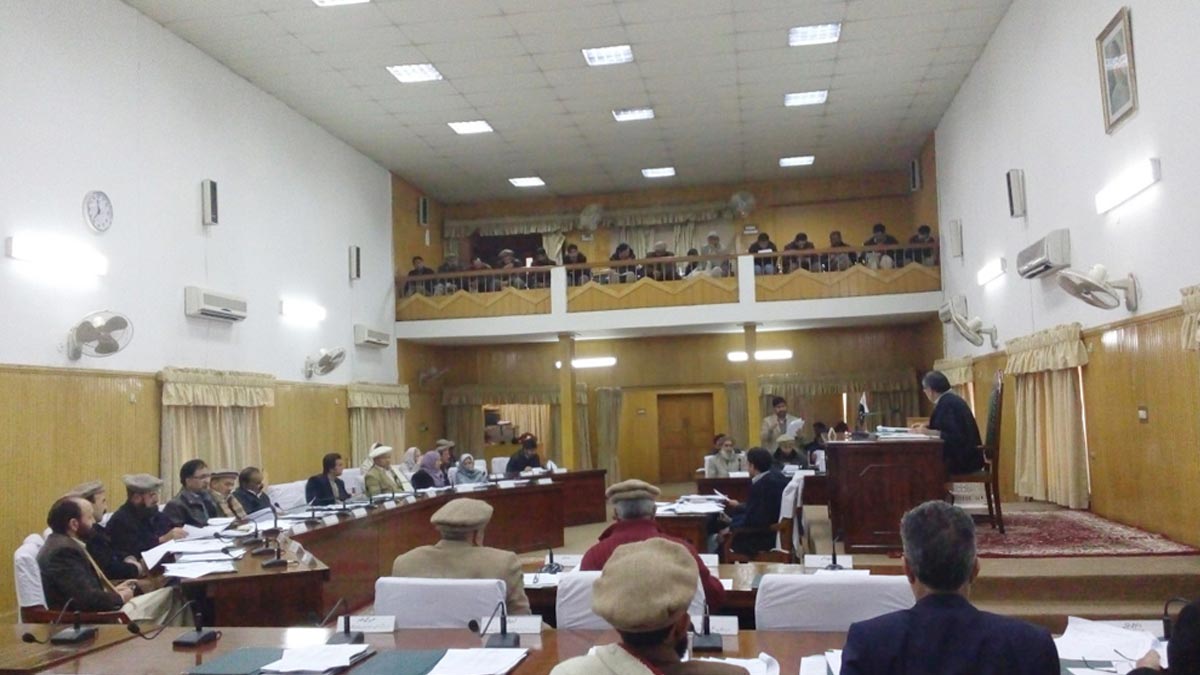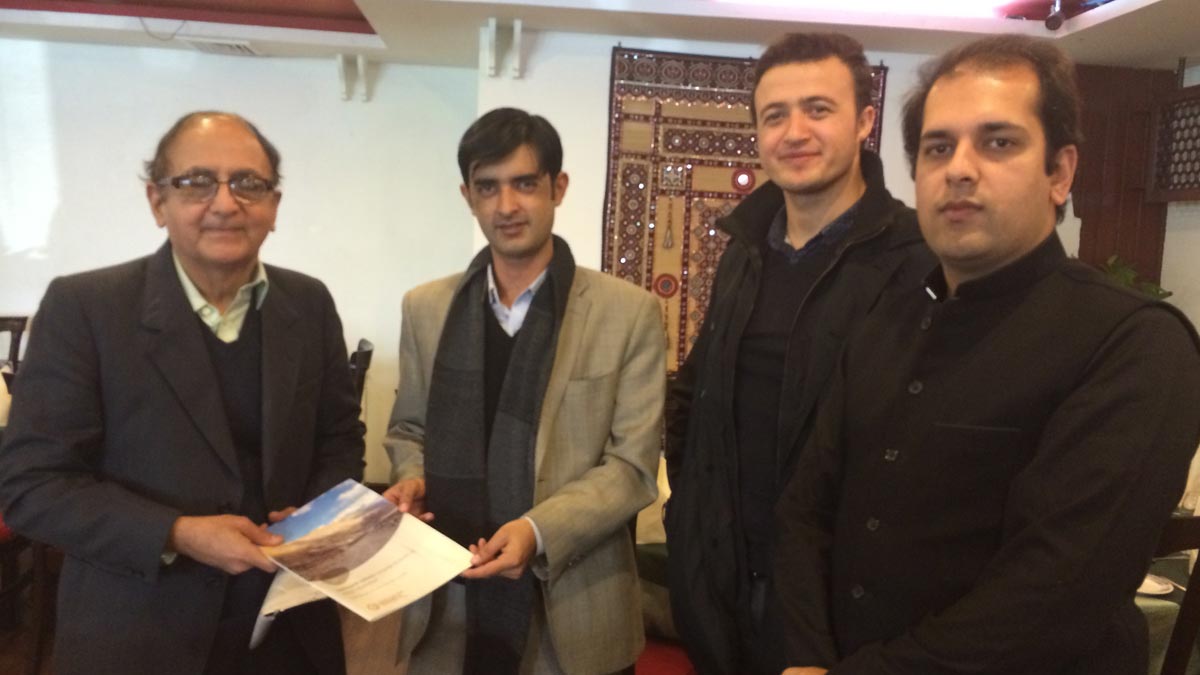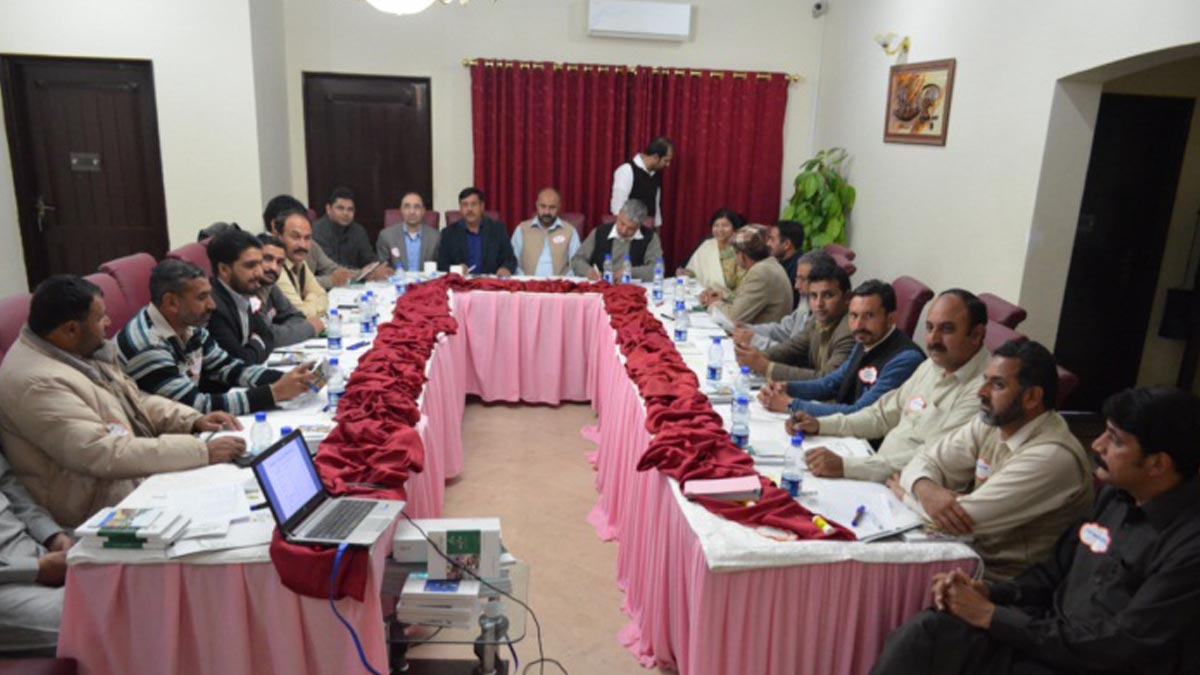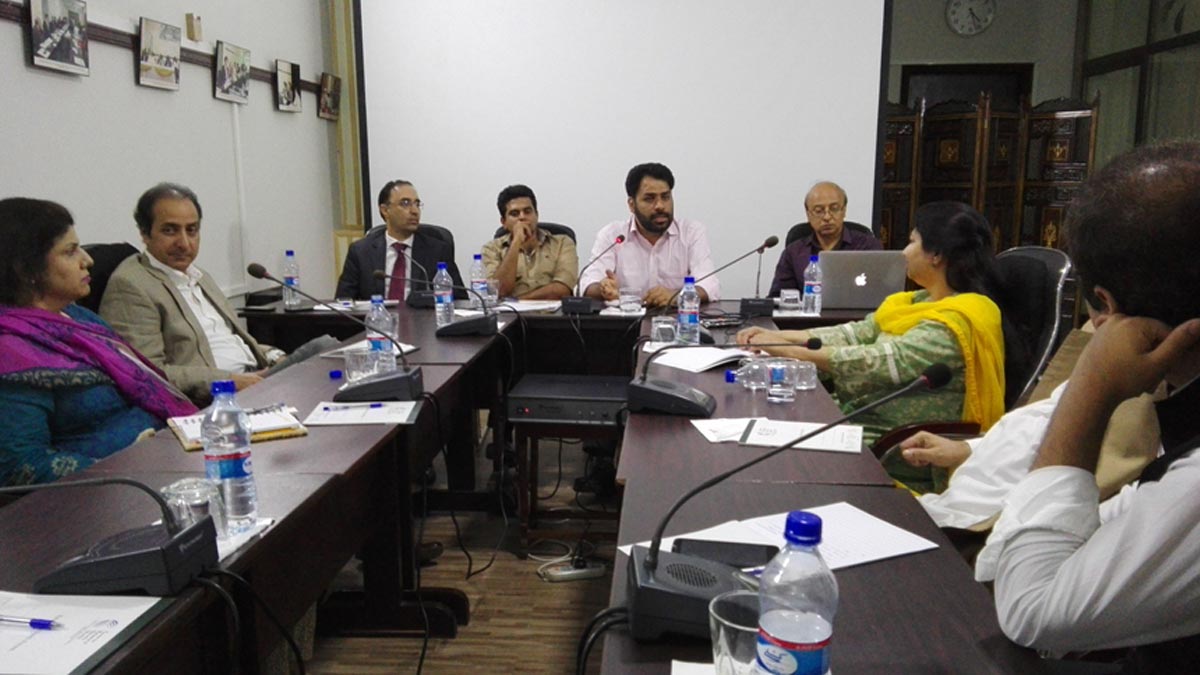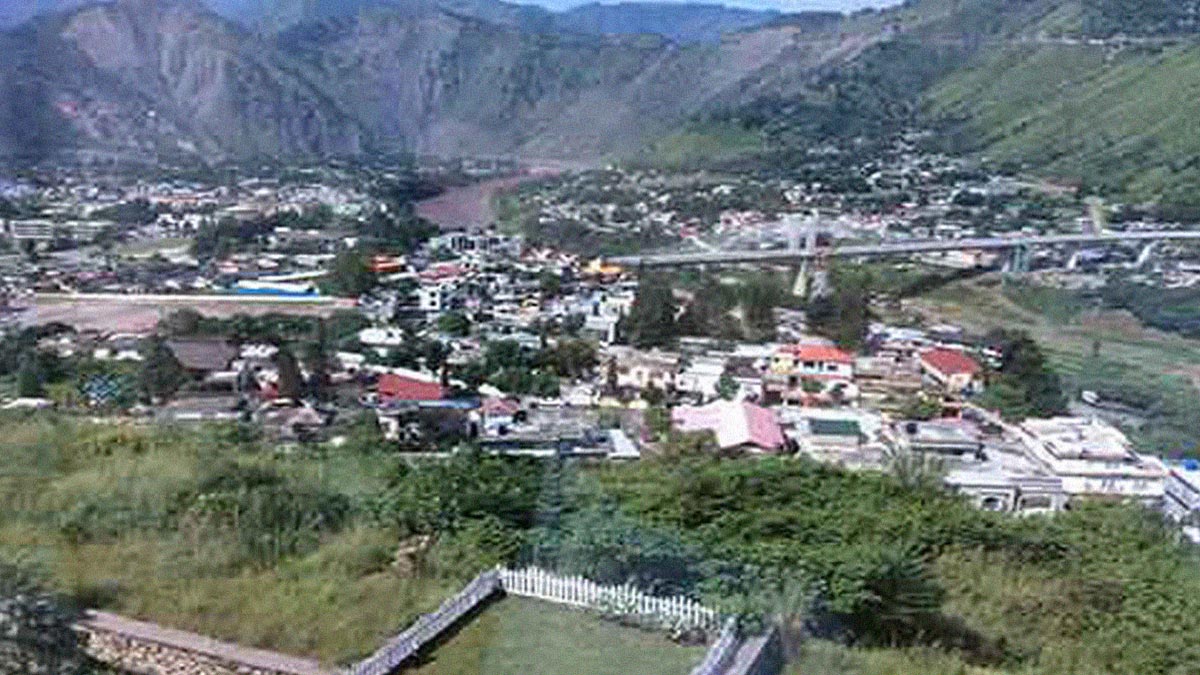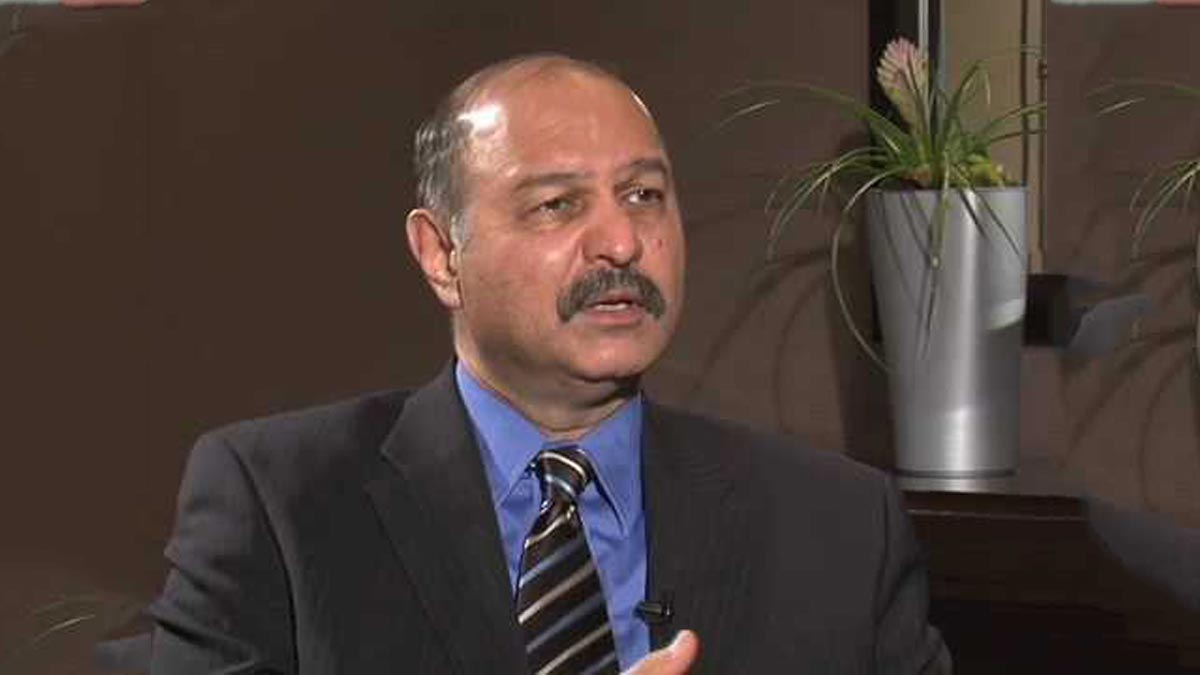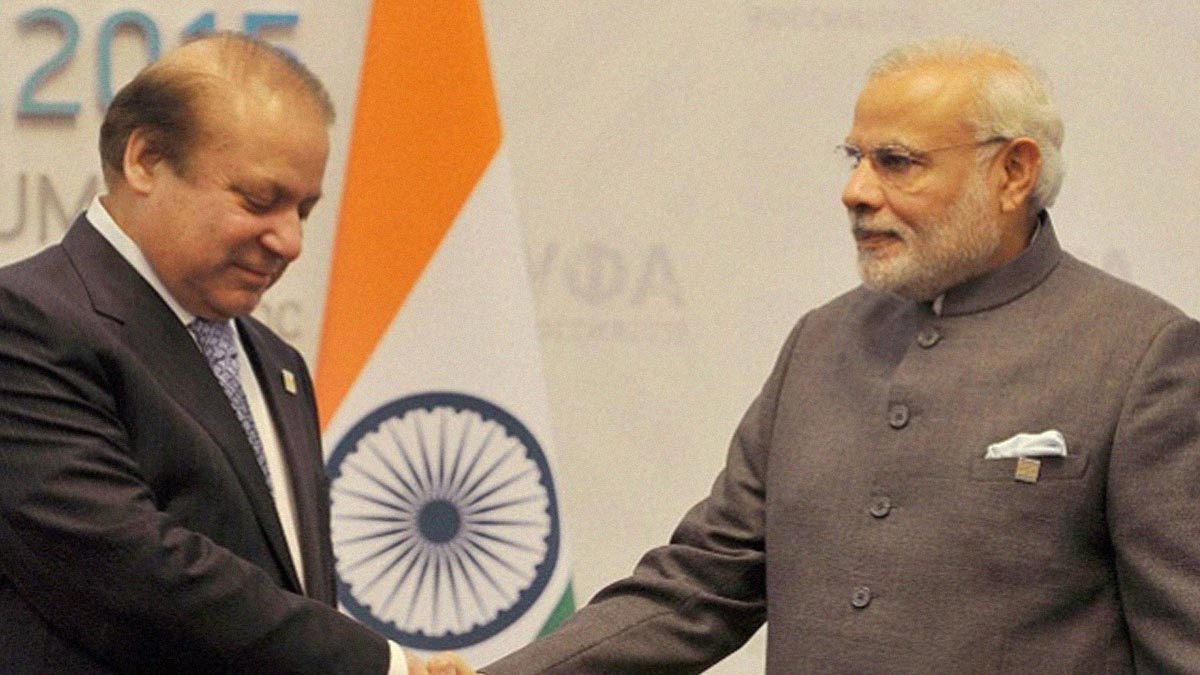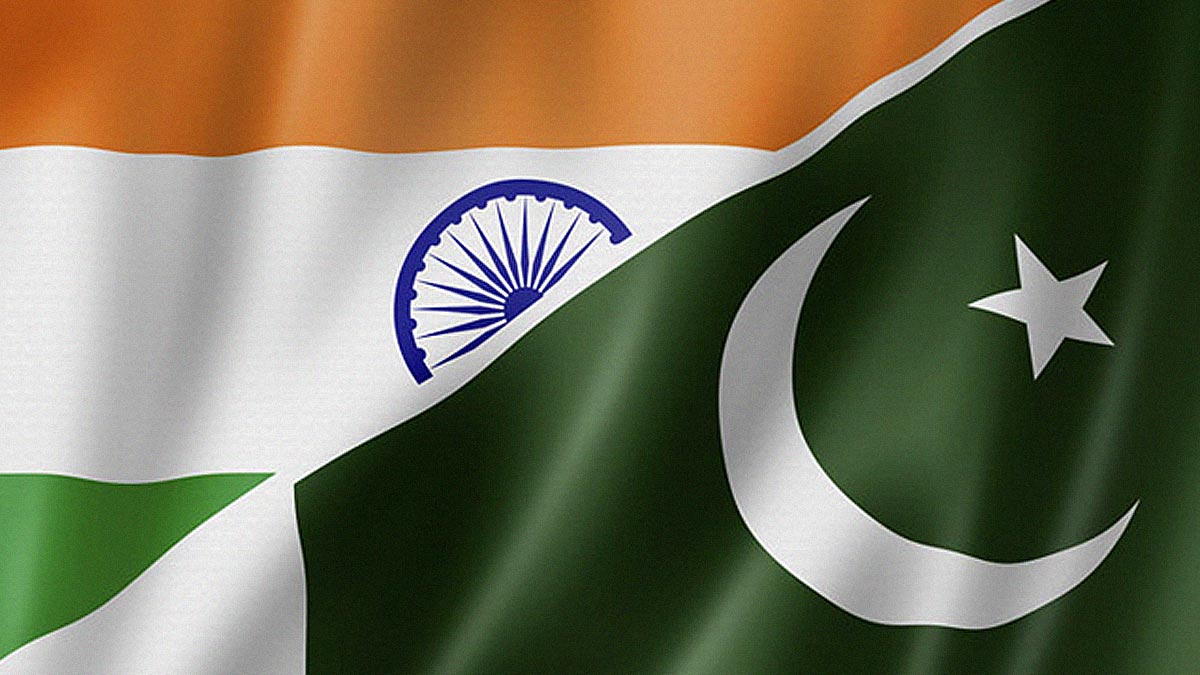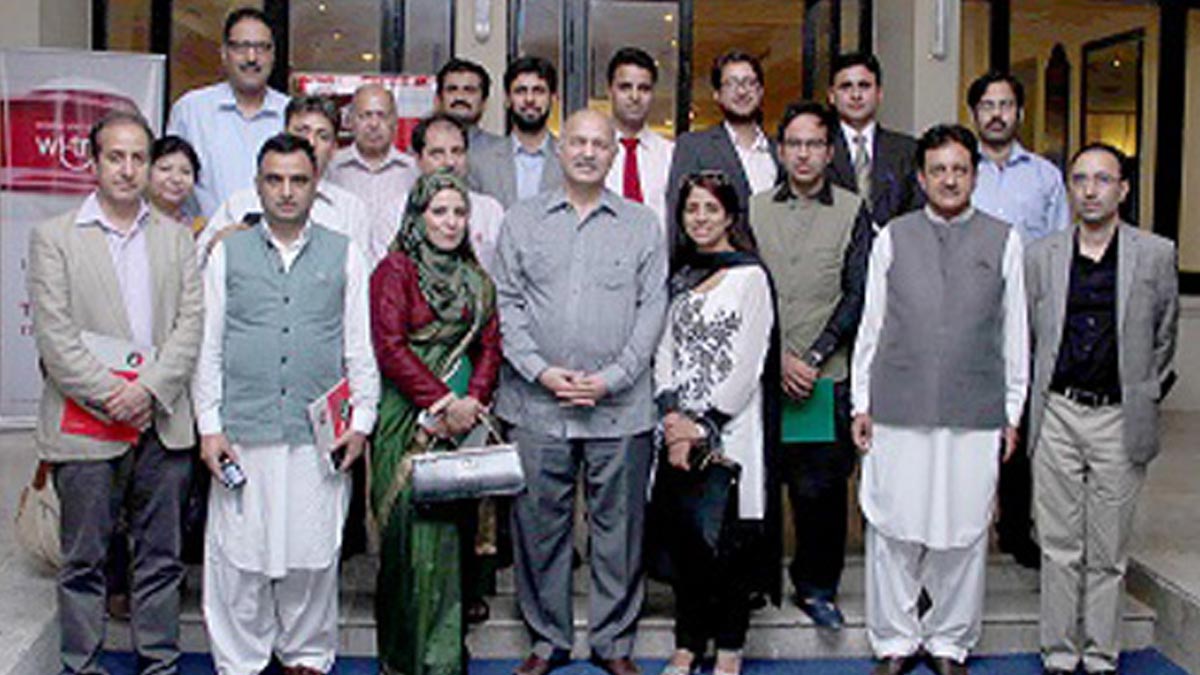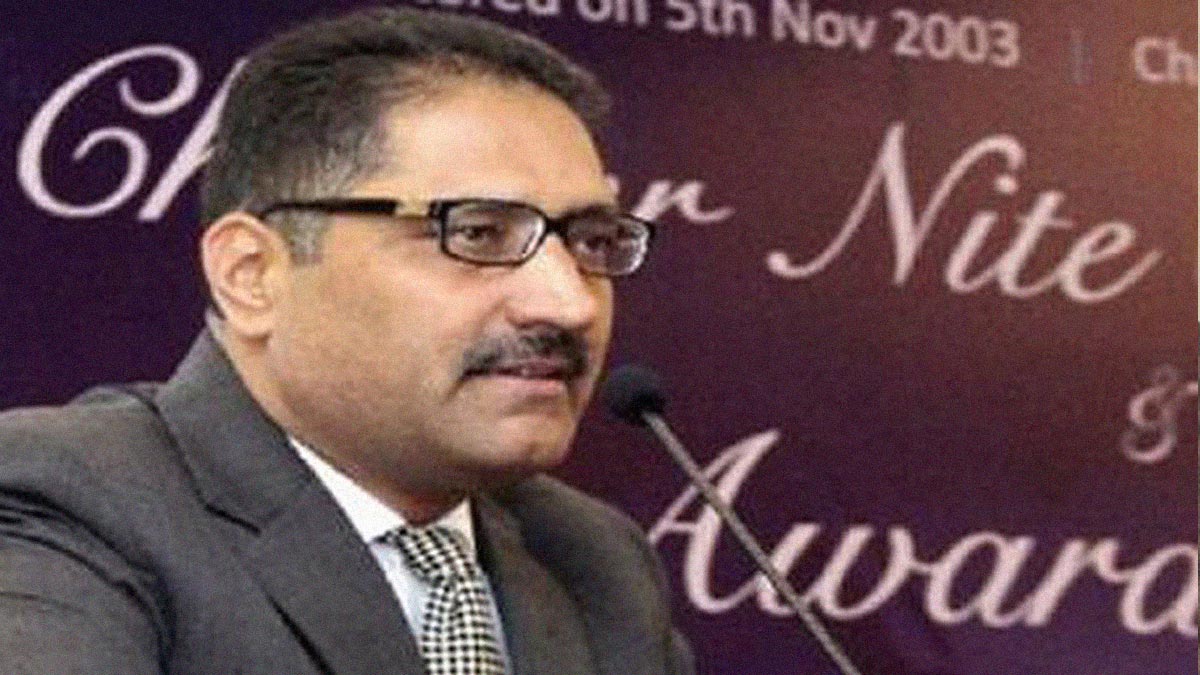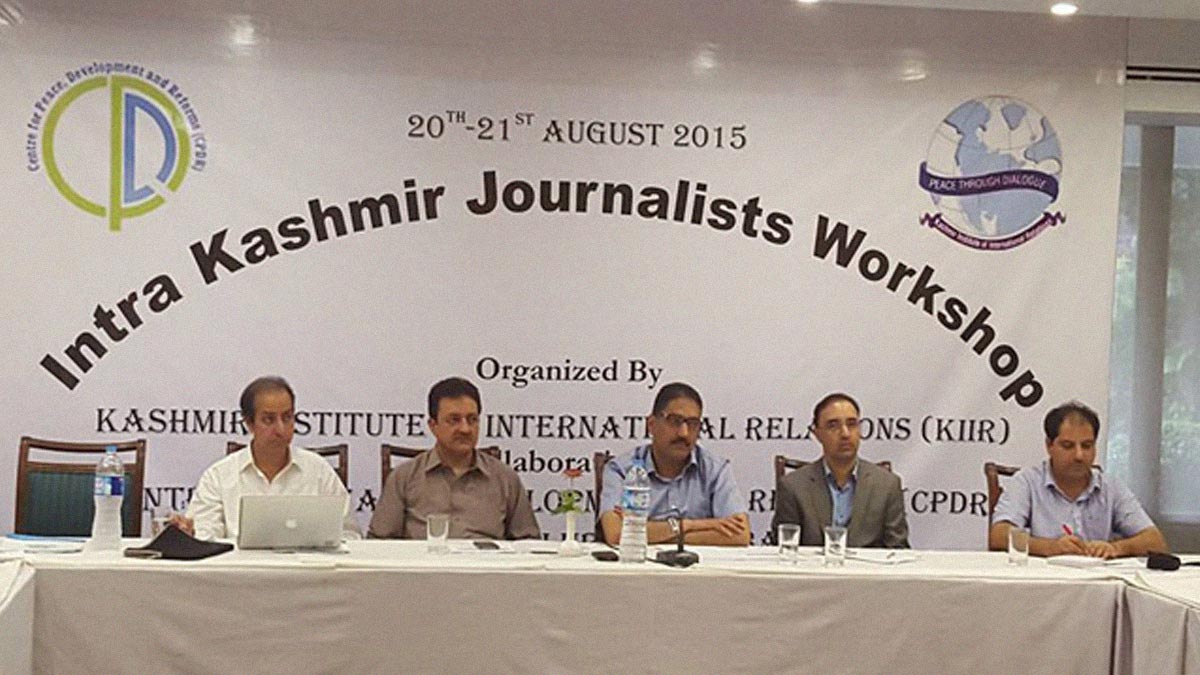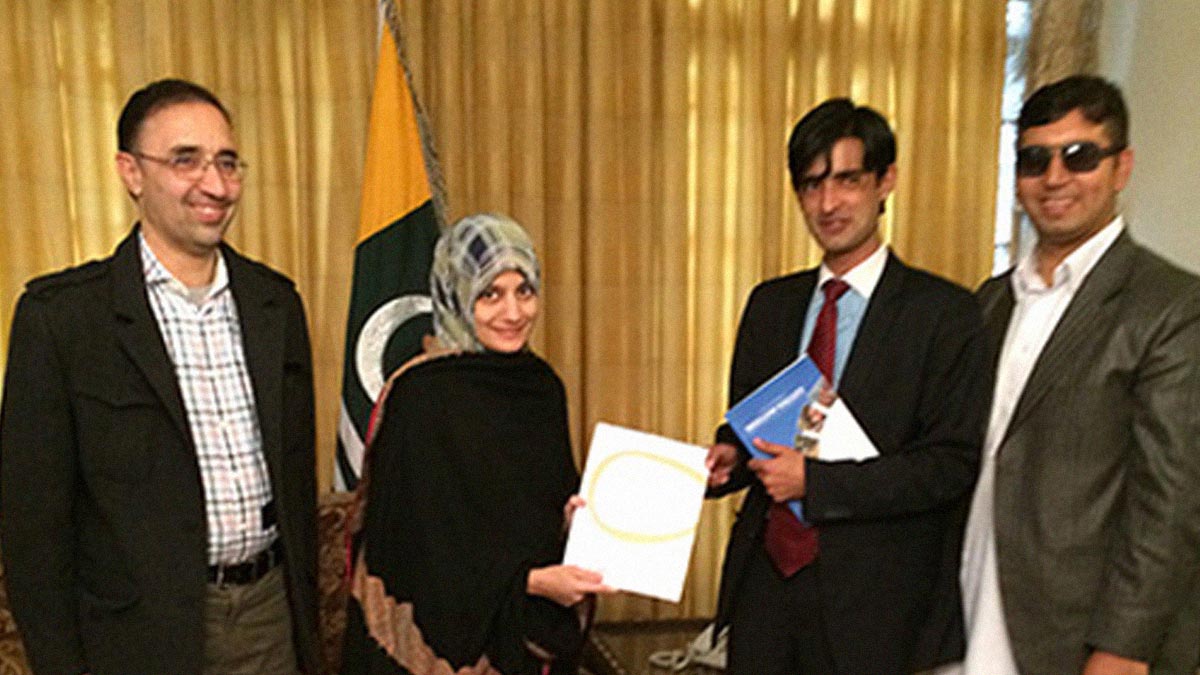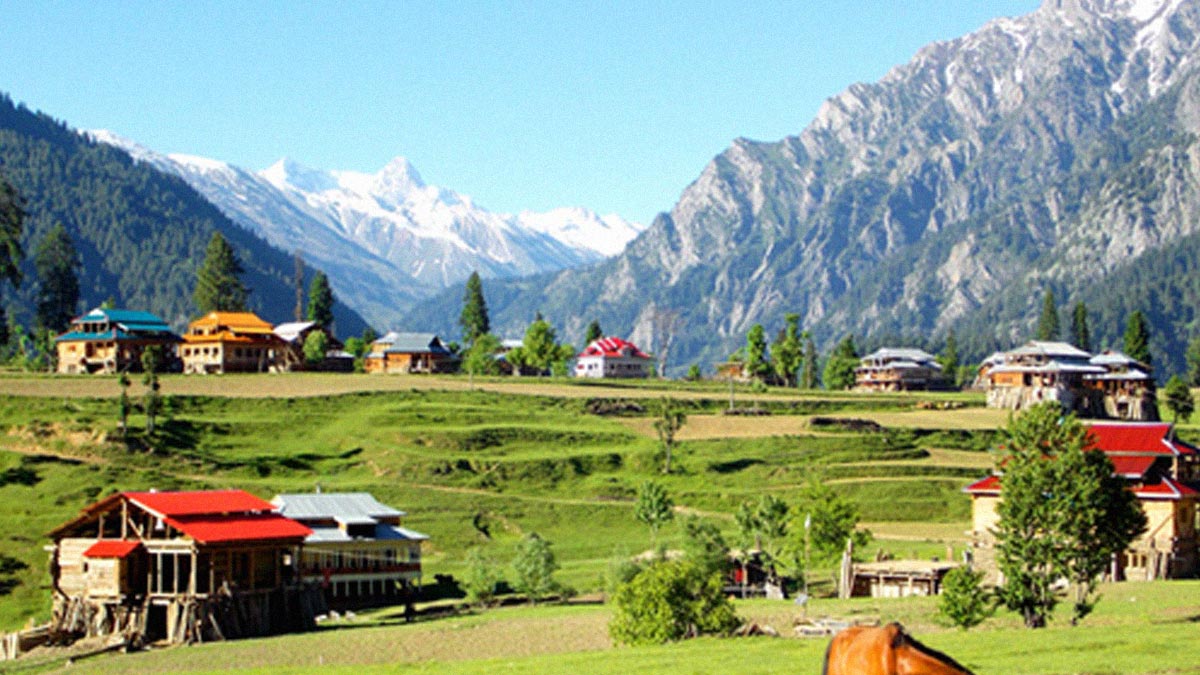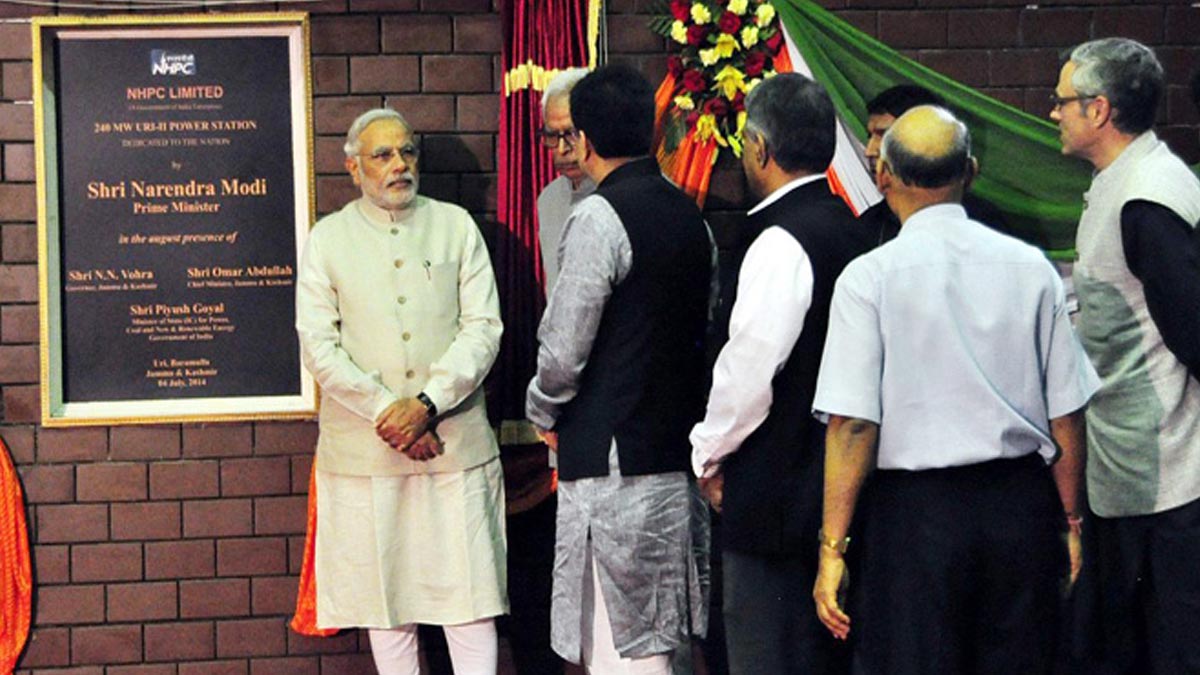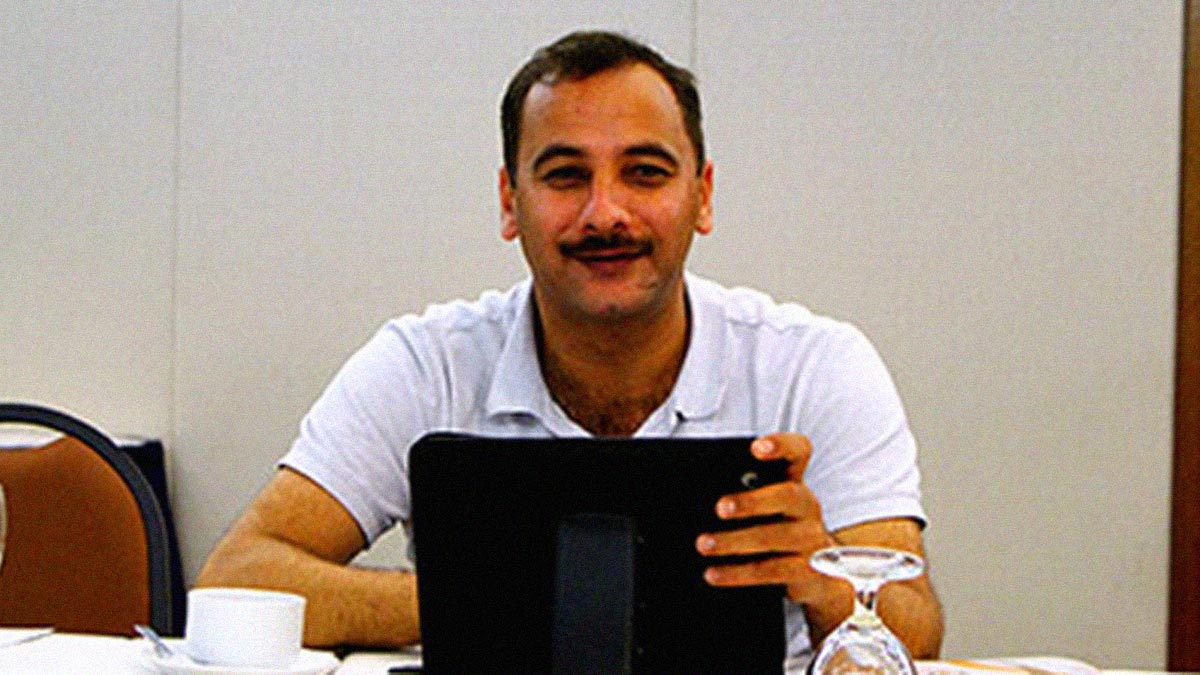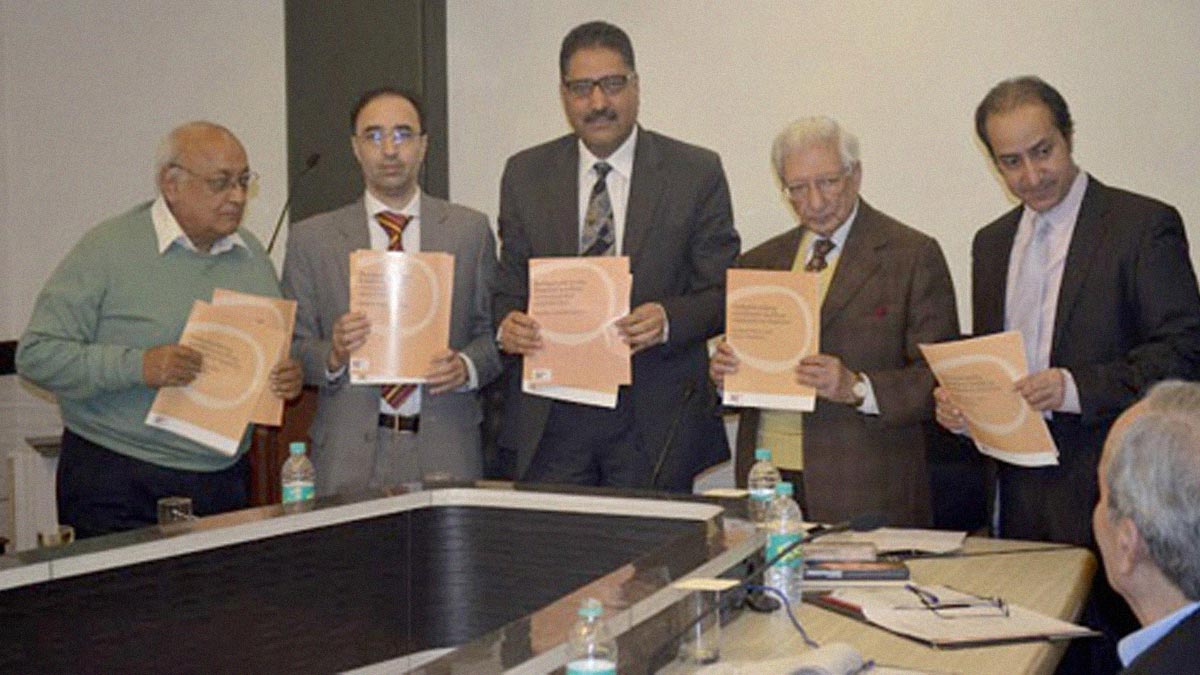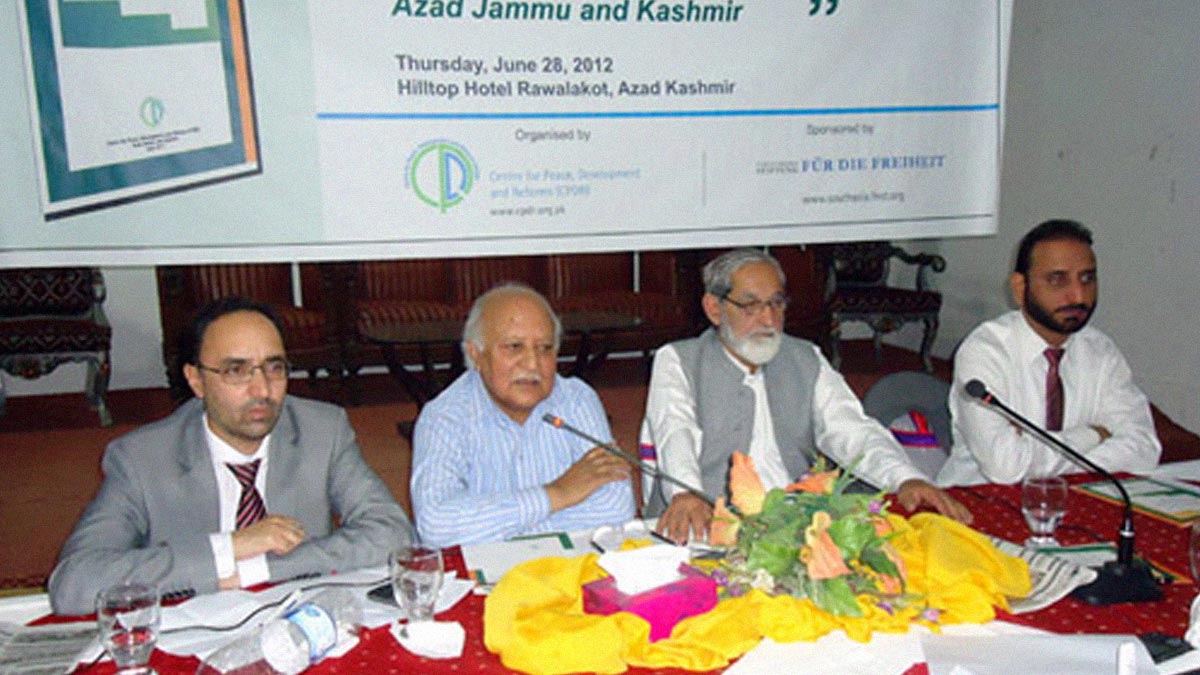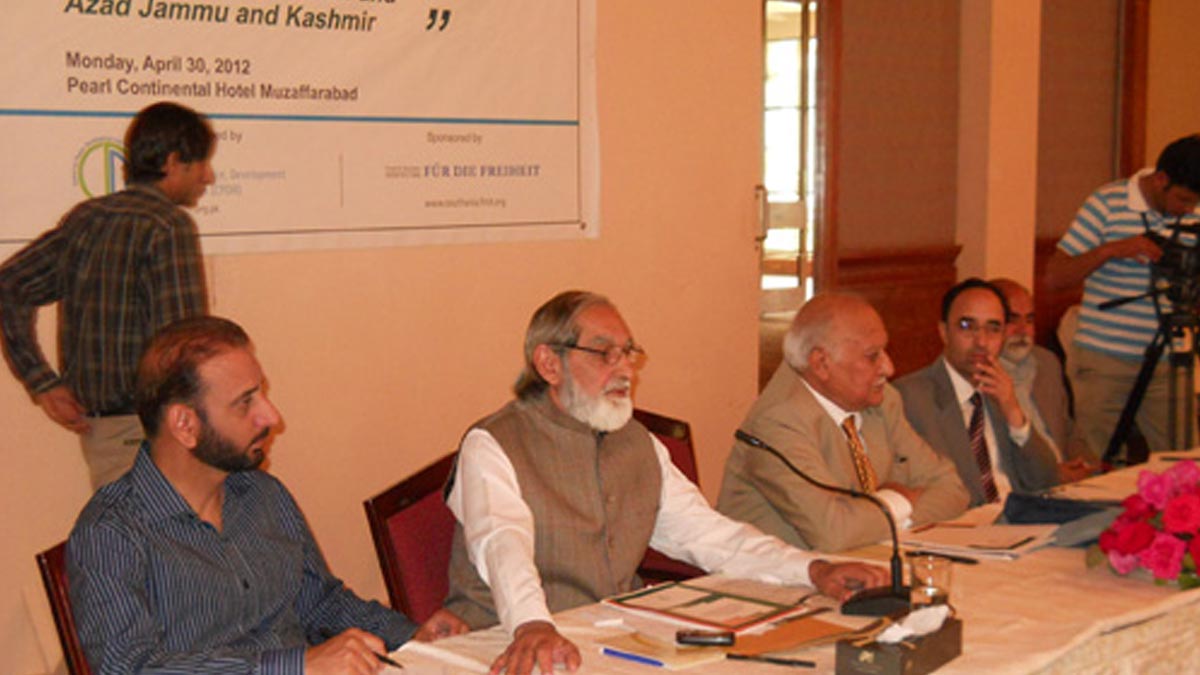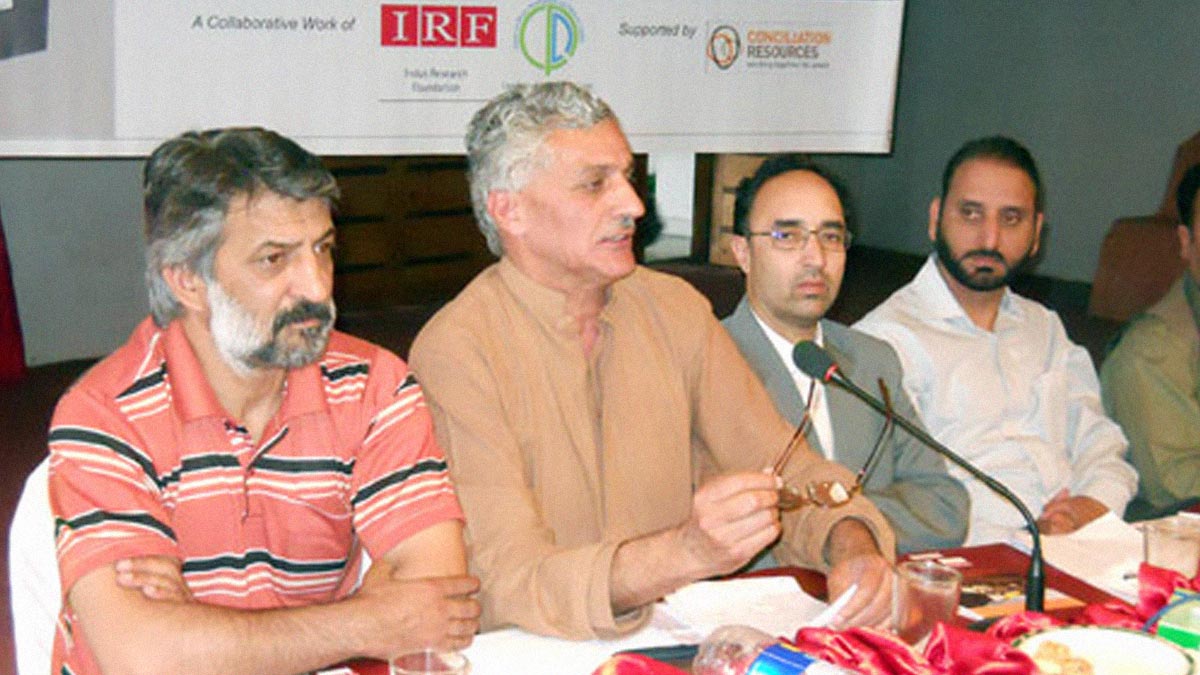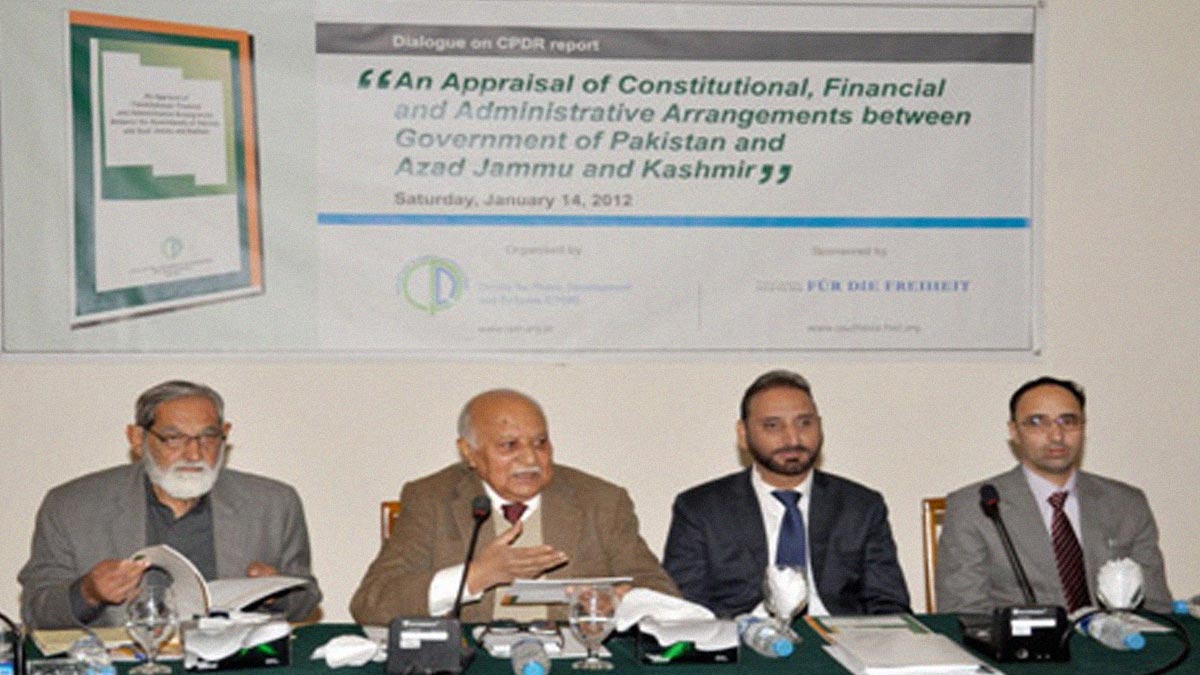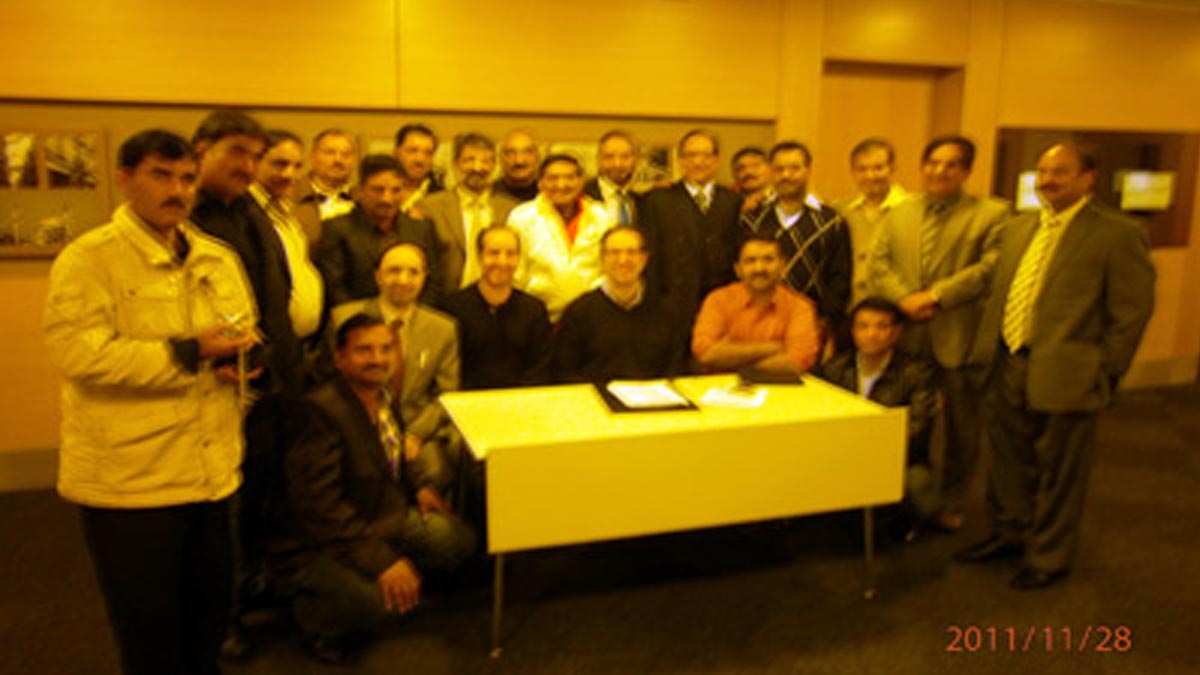- July 12, 2010
- @admin
- 0
- 12th July 2010
- Noor Aftab
- Islamabad
The participants of the dialogue session on “Chinars’ Old Leaves are Falling: Fresh Saplings in the 1st Citizens’ Dialogue on Kashmir” welcomed the resumption of the Pakistan-India dialogue process and hoped that it would help resolve conflicting issues between the two nuclear states.
The dialogue session was jointly organized here by the Centre for Peace, Development and Reforms (CPDR) and the Friedrich-Naumann-Stiftung fur die Freiheit (FNF) with the support of the European Union. The participants including civil society activists, politicians, legislators, journalists, former government officials from Azad Kashmir and Gilgit-Baltistan and refugees settled in Pakistan held an extensive and rigorous debate regarding the upcoming India-Pakistan foreign ministers’ meeting to be held on July 15 to express their support and persistent dedication towards peace process in the region.
They unanimously agreed that sustained and long-term engagement along with people-to-people interaction such as civil society, media and law-makers of the two countries is vital to solve all long standing disputes in the region through peaceful means. However, they strongly urged India and Pakistan to take effective and assertive measures required to make the renewed process meaningful, productive, and result oriented so that the people of Jammu and Kashmir across LoC could own and support the peace process in the long run.
It was strongly felt that the favourable environment for talk and forward movement can be created when life, honour and property of people of Jammu and Kashmir is guaranteed. In this connection, the participants profoundly condemned the recent civilians’ killings in the Kashmir Valley.
They reminded the government of India of its obligation to protect the right to life in accordance with the international laws. The participants unanimously demanded the revocation of Armed Forces Special Power Act (AFSA) to improve the ground situation and conduct an independent inquiry into the recent use of excessive force against the civilians.
The participants while appreciating the Confidence Building Measures (CBM) taken by both governments in past demanded some creative steps to make them more meaningful and hassle free. They asked Delhi and Islamabad to further facilitate intra-Kashmir travel and trade. It was also felt that the intra-Jammu and Kashmir dialogue tremendously helped people of former state of Jammu and Kashmir to broaden their understanding about each others’ aspirations and develop common minimum agenda to arrive on a consensus stand.
The participants hoped that both governments would encourage frequent civil society interaction leading to political dialogue through Srinagar-Muzaffarabad and Poonch-Rawalakot route. The participants urged political leadership to develop consensus among them and narrow down their demands and come up with clear vision. In this effect, dialogue on inter-regional followed by intra-Jammu and Kashmir should be facilitated by both Delhi and Islamabad.
The participants of Gilgit-Baltistan favoured the democratic process in their area and further expressed that trust deficit and communication gap between people of Gilgit-Baltistan and Azad Kashmir do exist that should be bridged through frequent civil society interaction, fostering government level relations, exchange of parliamentary delegations, political activists and youth groups.
They urged the government of Azad Kashmir to reserve quota in jobs and educational institutions for inhabitants of Gilgit-Baltistan to intact the centuries-old bound between the two regions. Likewise, the government of Gilgit-Baltistan should also explore and create opportunities for experts from AJK.
The participants noted that existence of multiple power centres in Azad Kashmir not only cause mistrust between Islamabad and Muzaffarabad, but also hinder the smooth running of the government and delivering of services to the people. Additionally, it was strongly felt that the executives powers vested in the Kashmir Council undermine the democratically elected set-up in Azad Kashmir.
To abolish this dual power system, the participants urged the AJK government and political parties to sort out these problems through sustain dialogue with Islamabad before next state elections in July 2011.
URL : The News
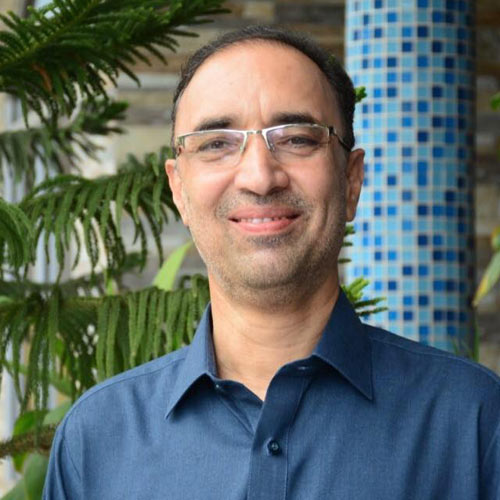
Ershad Mahmud
The writer is a freelance contributor. He can be reached at:


